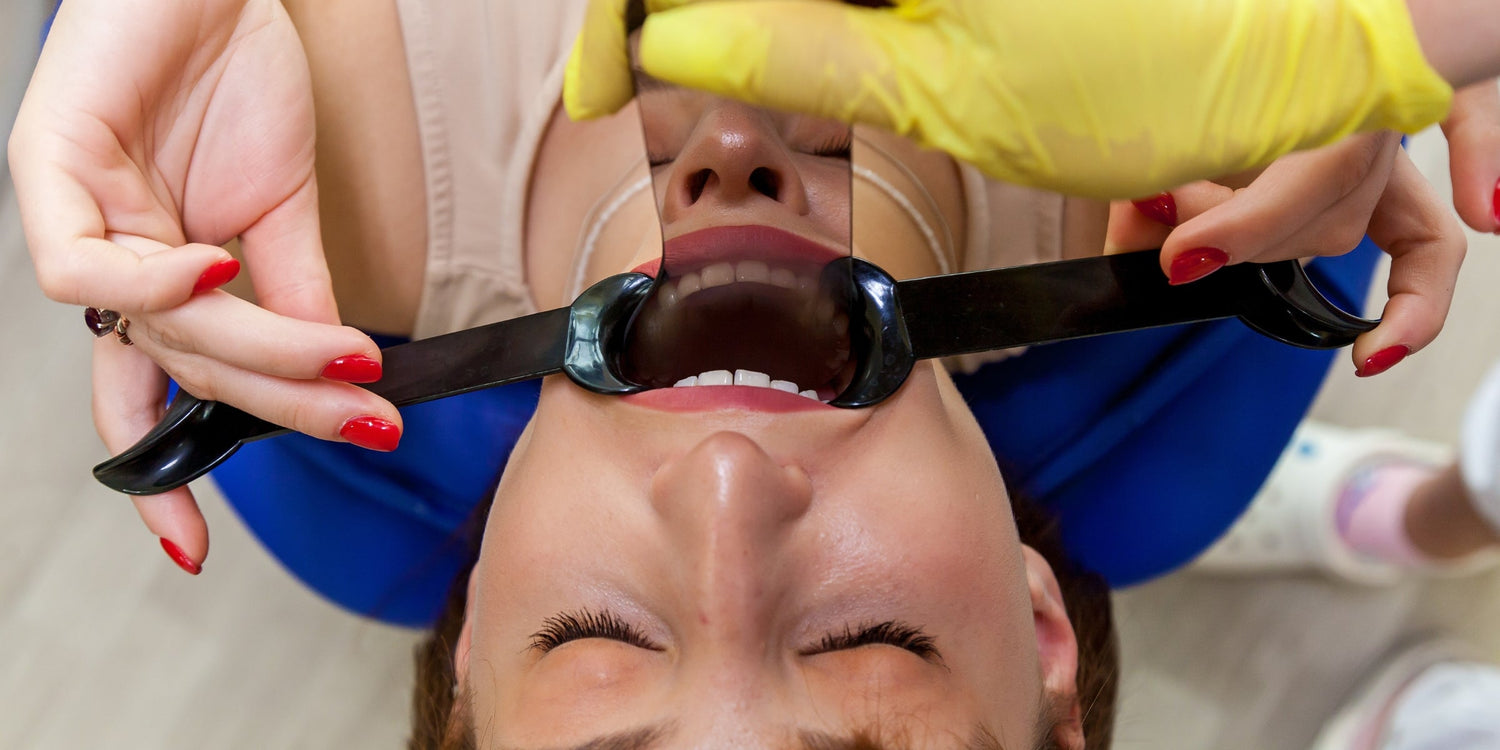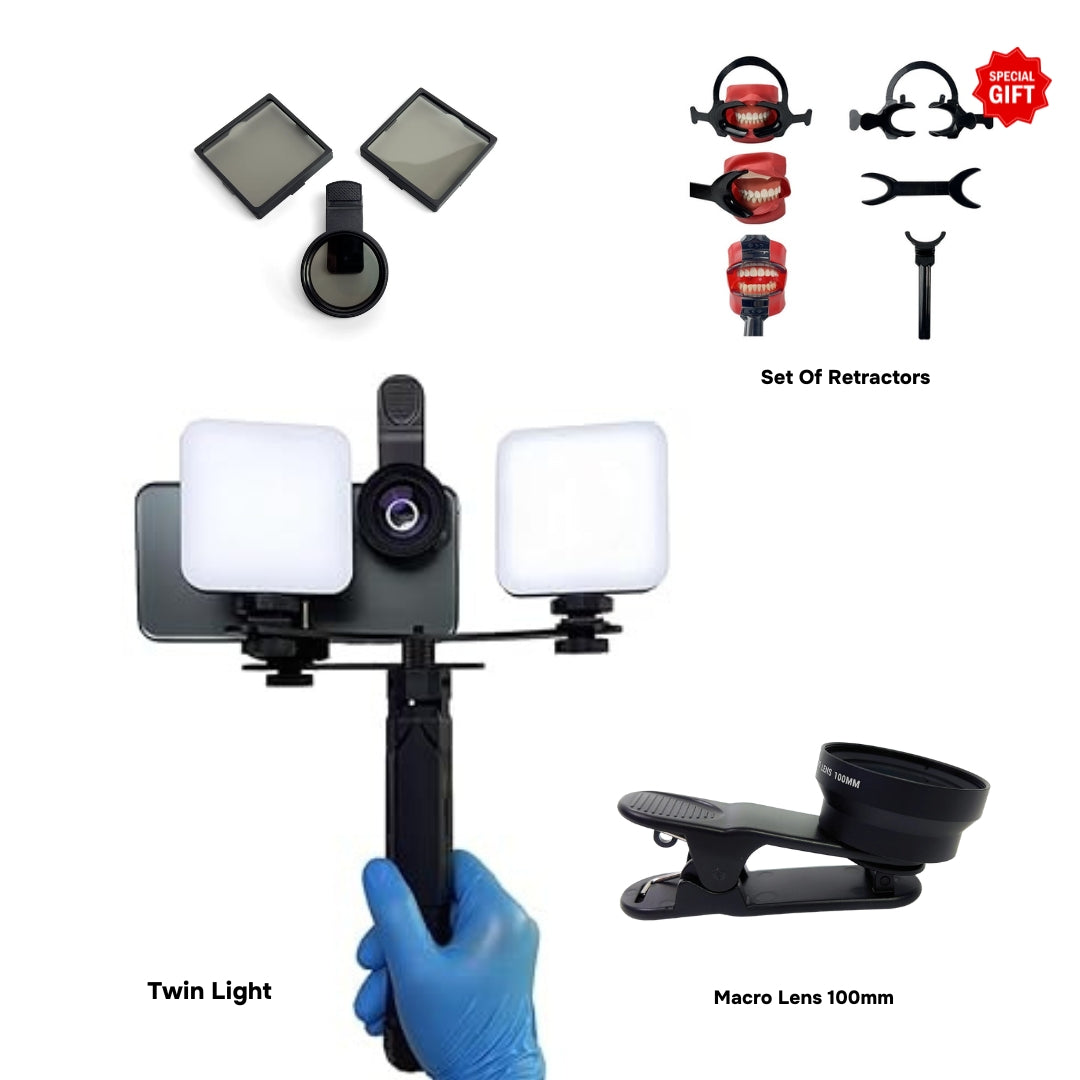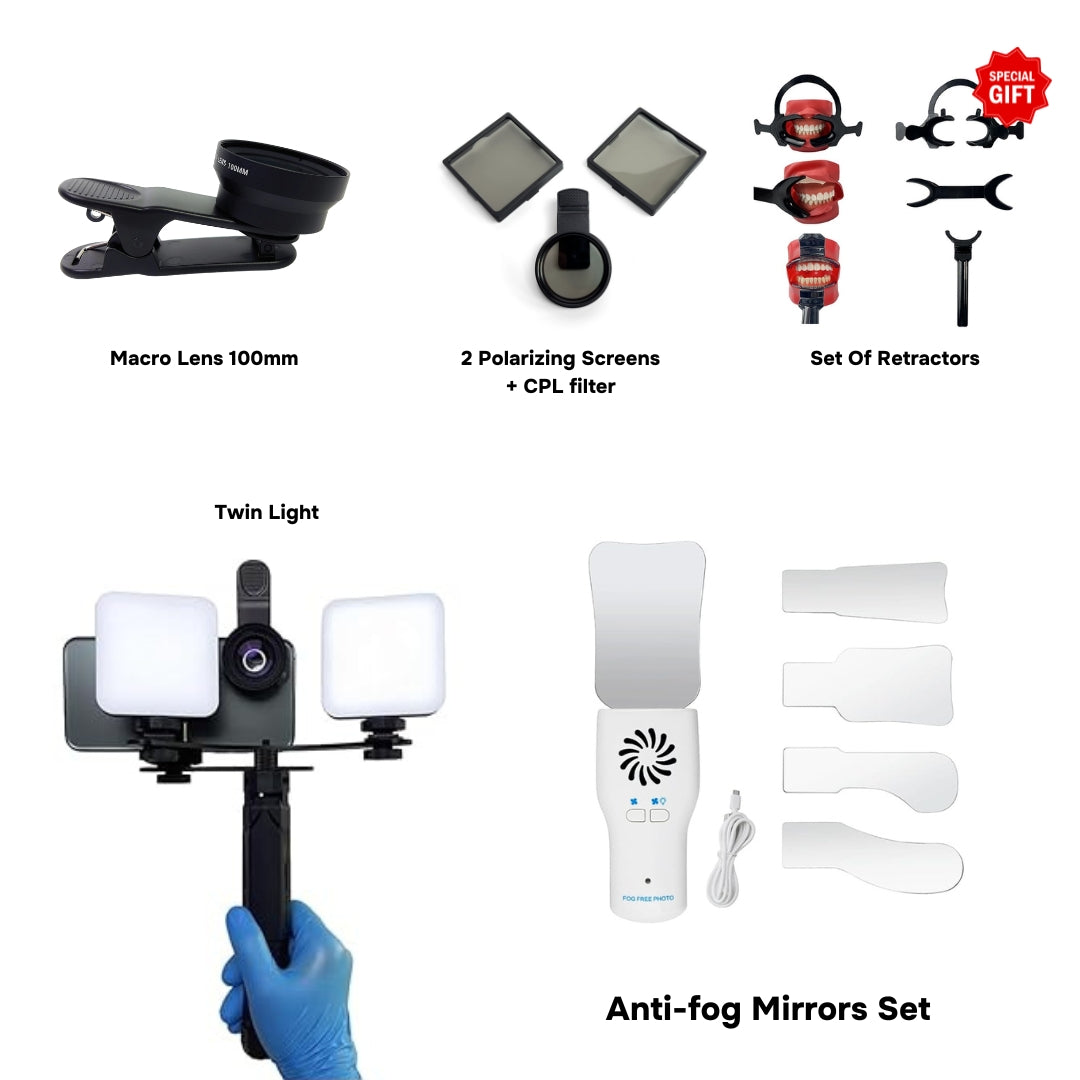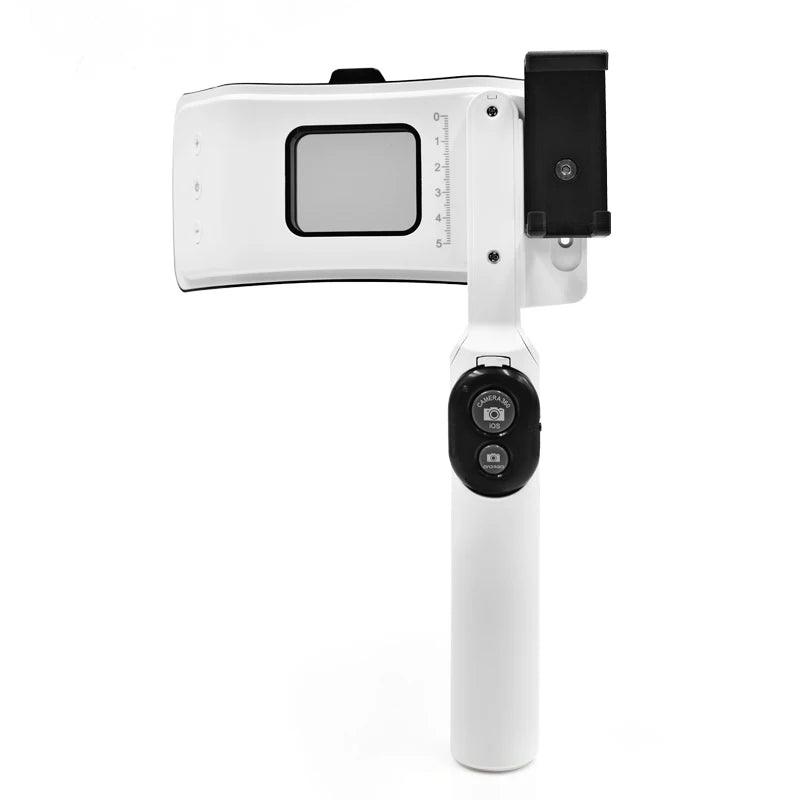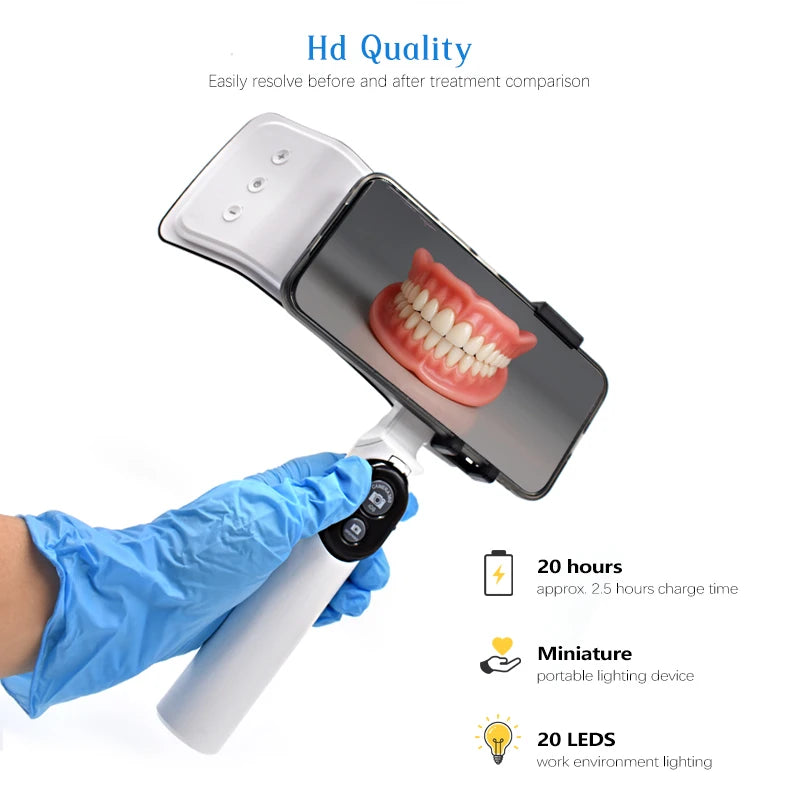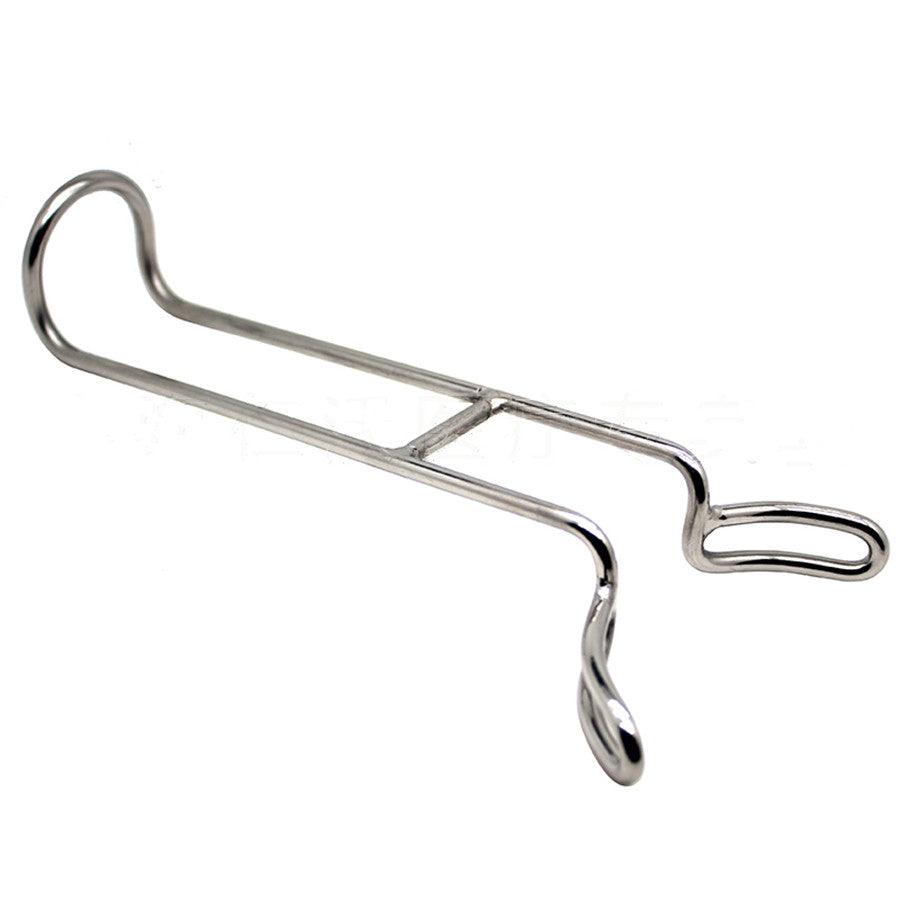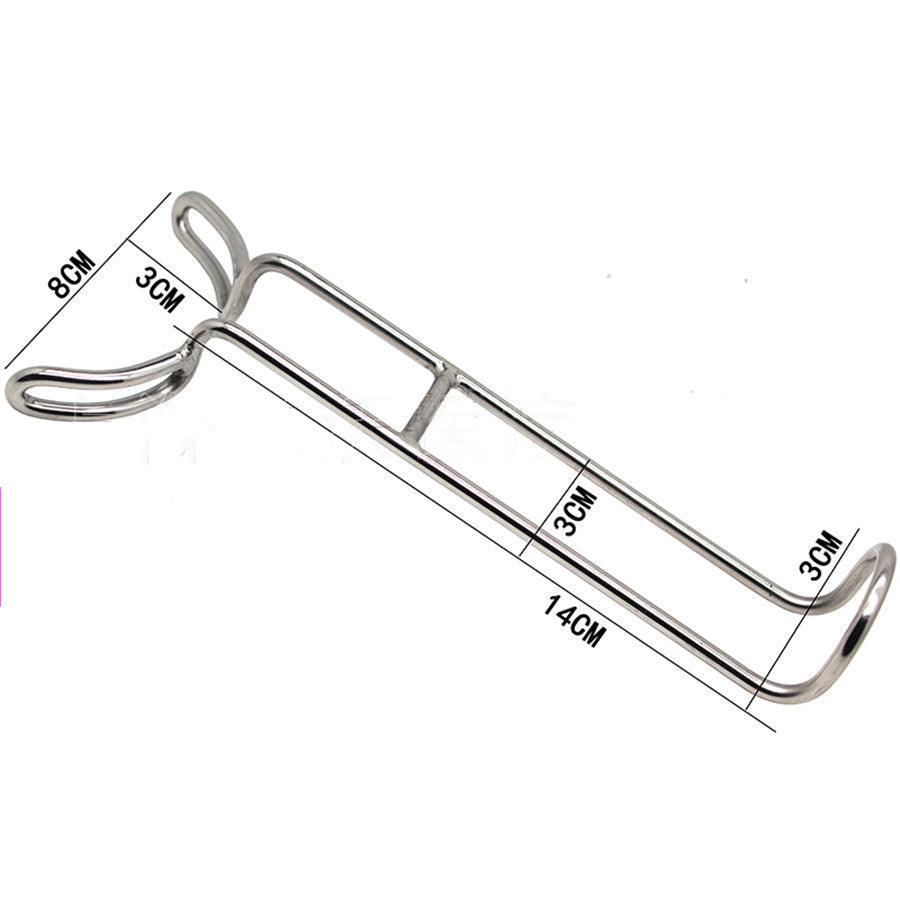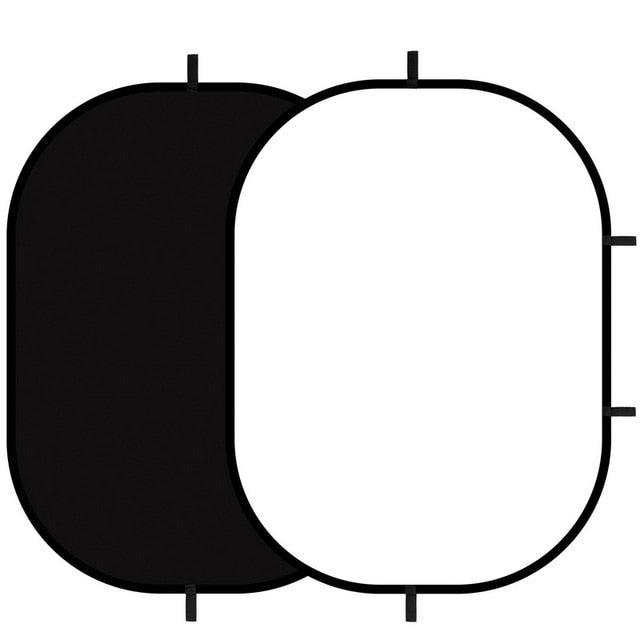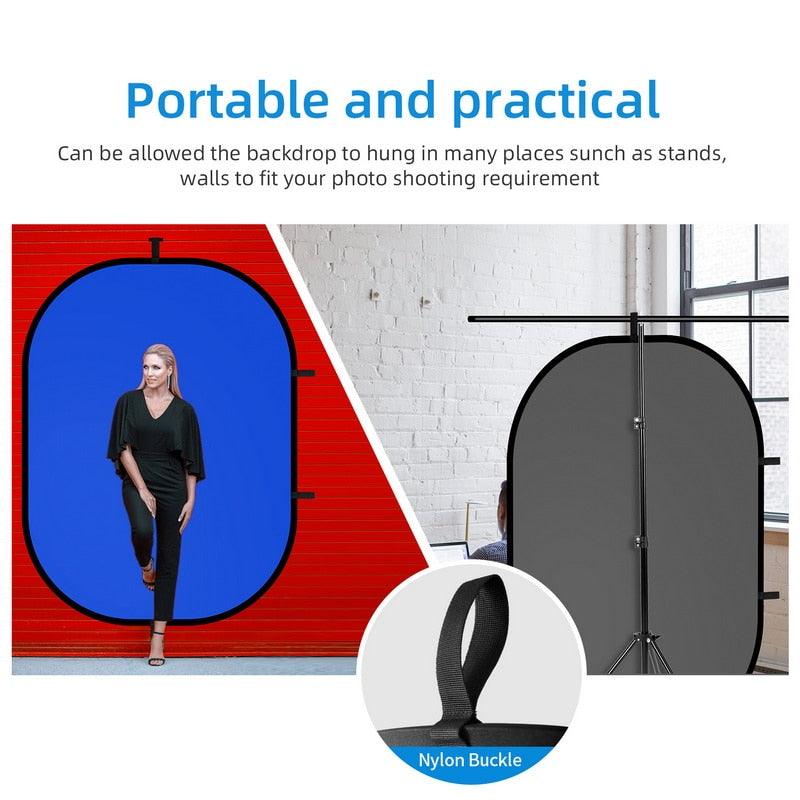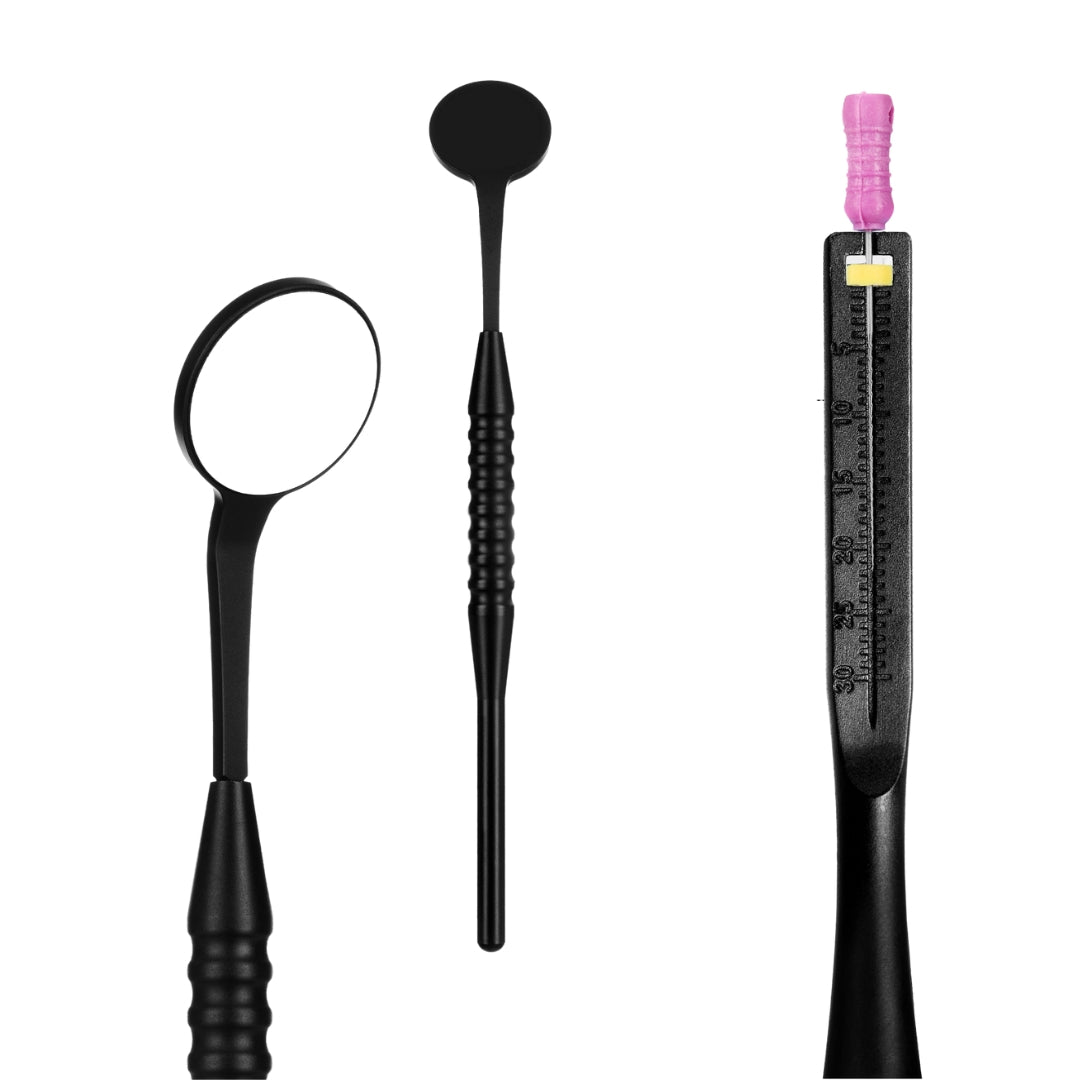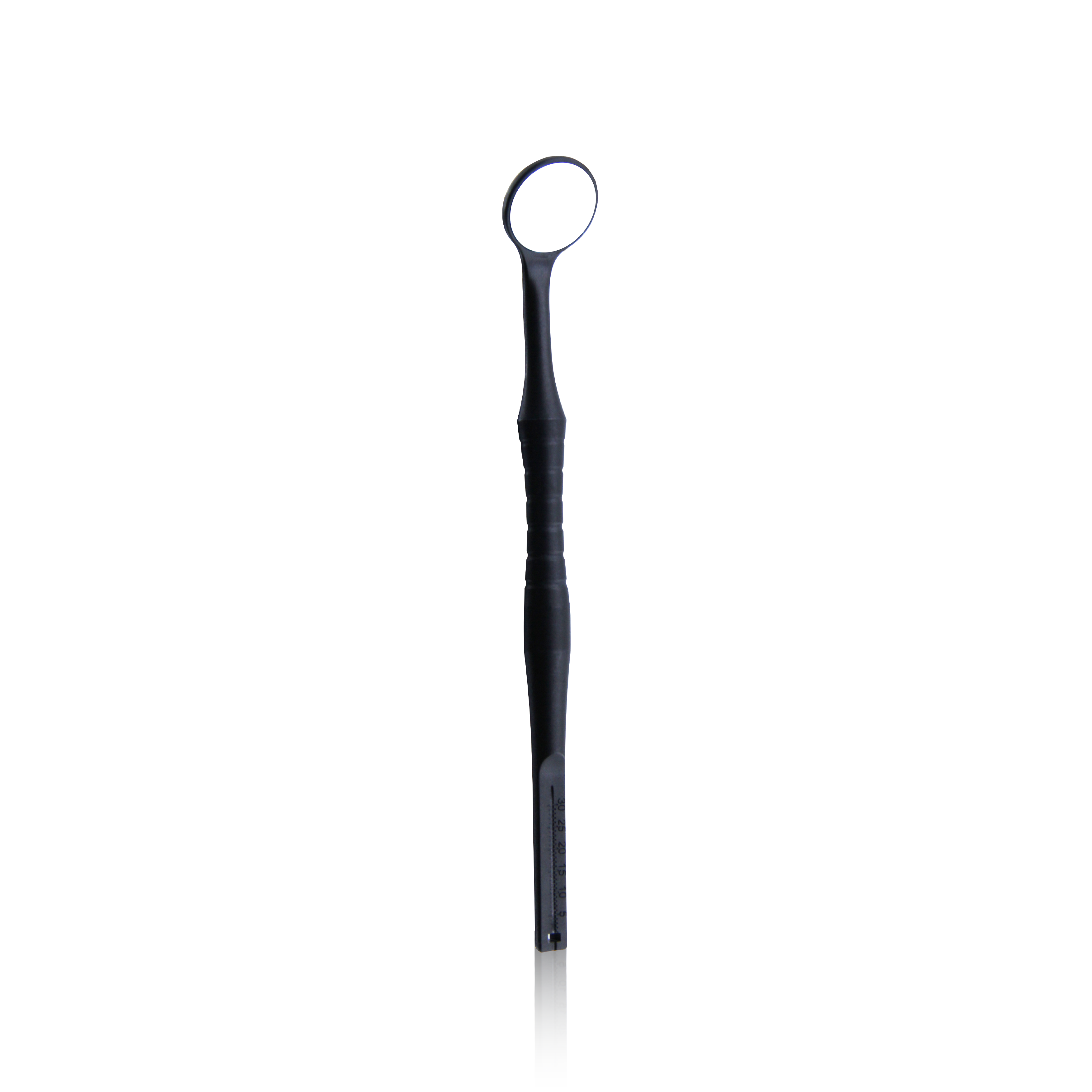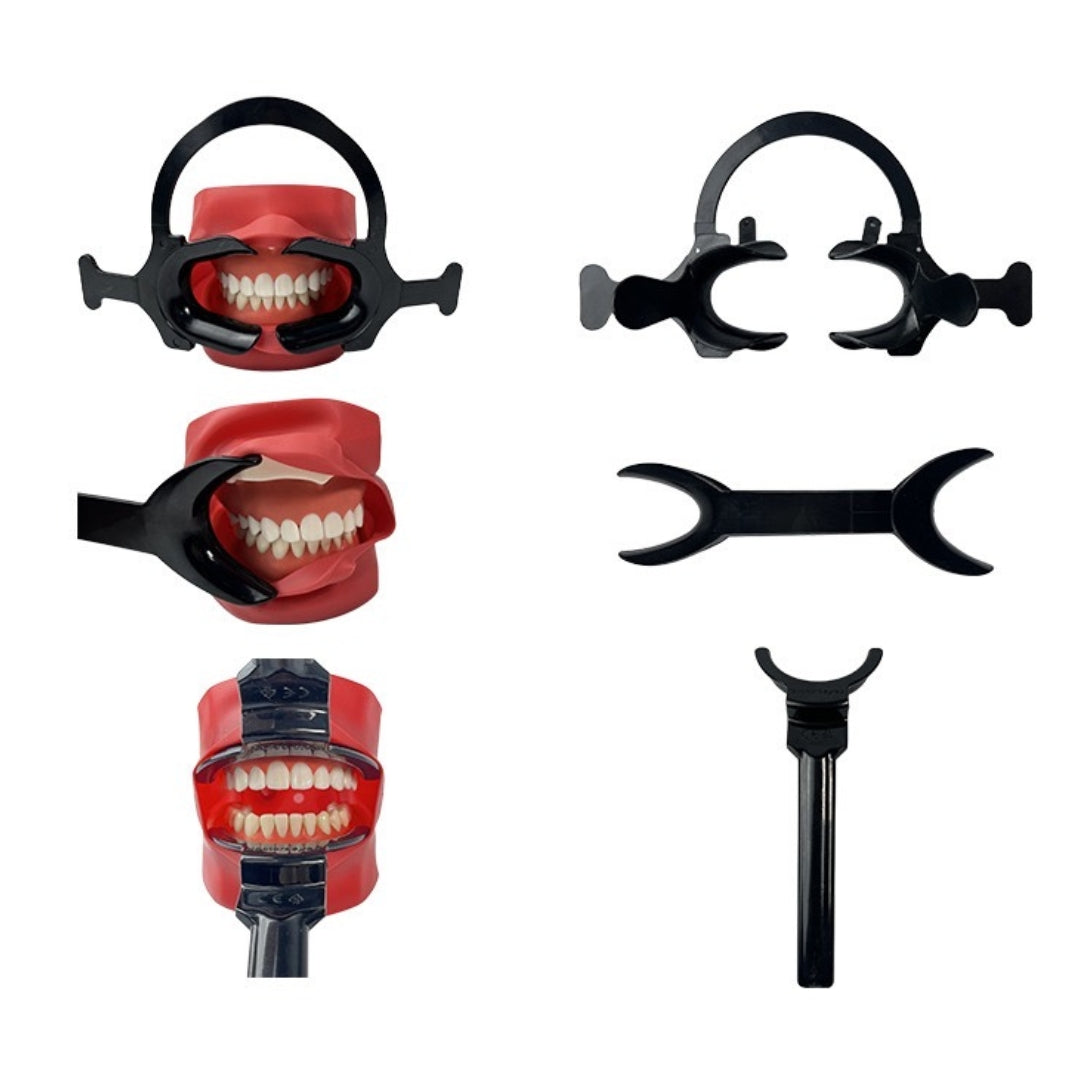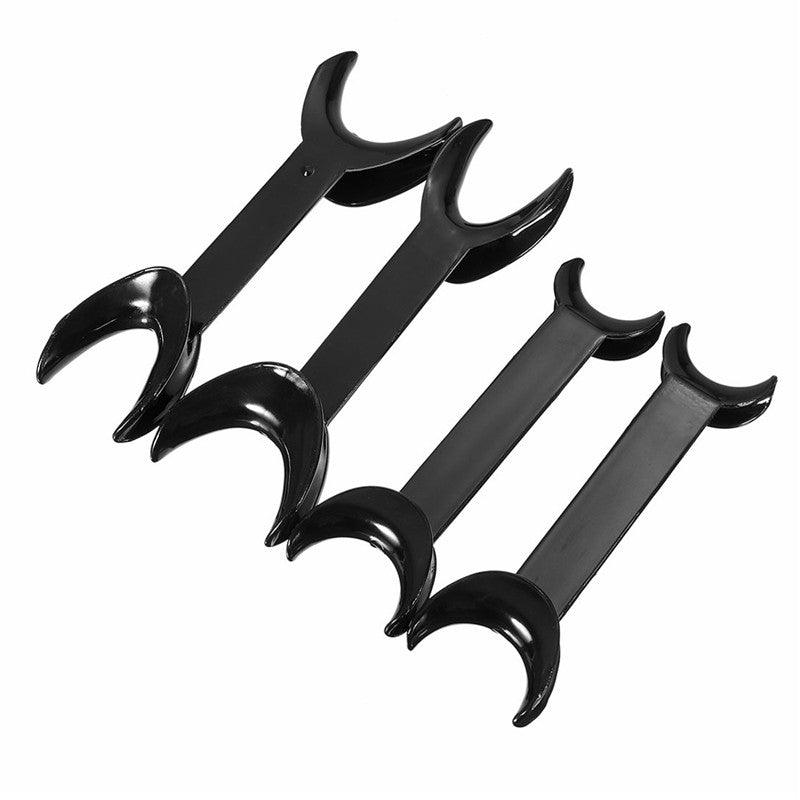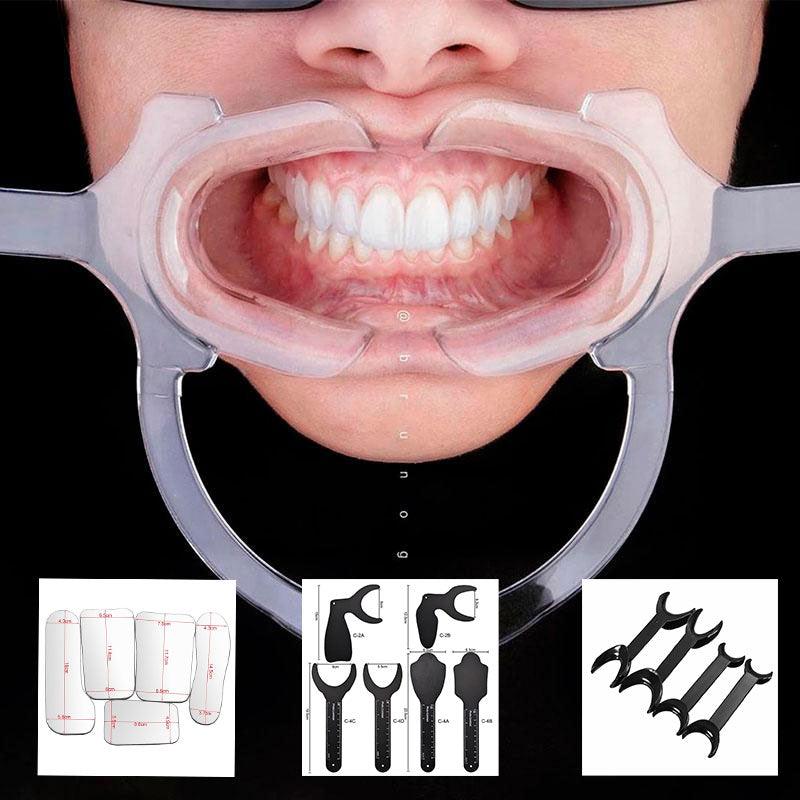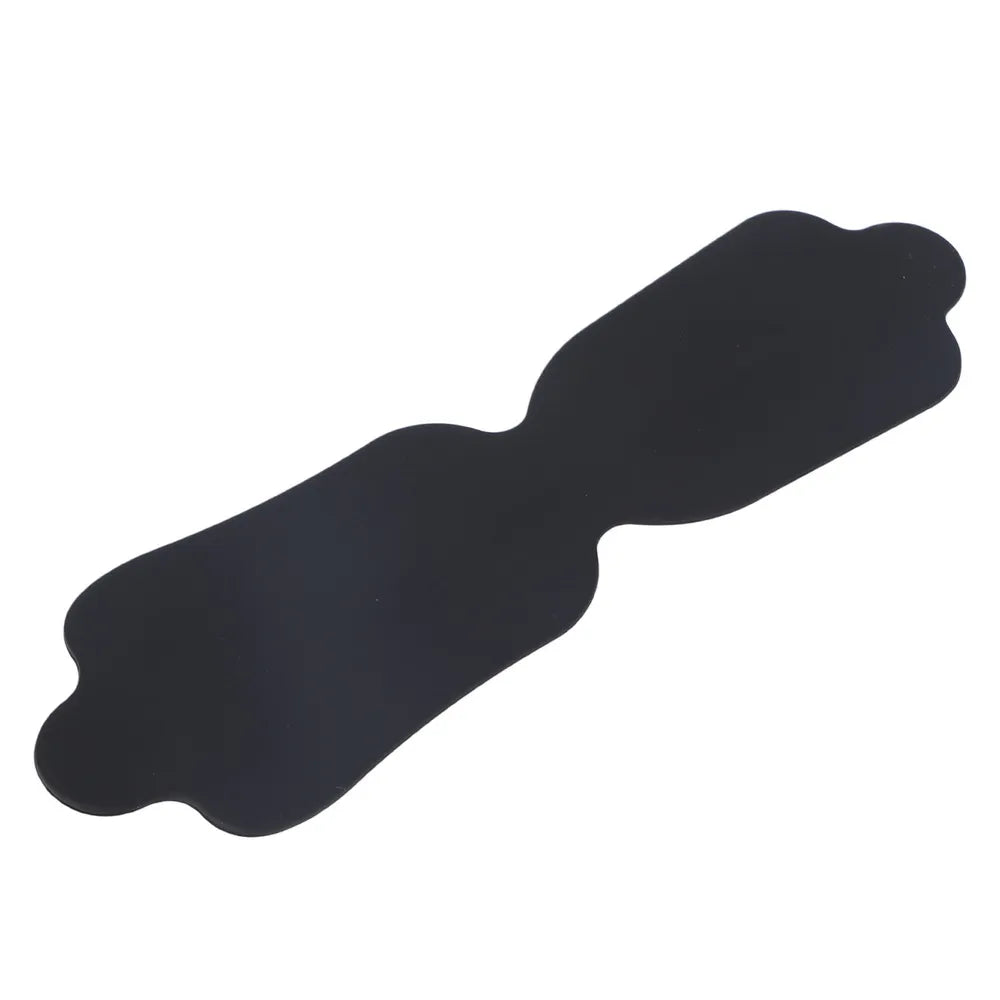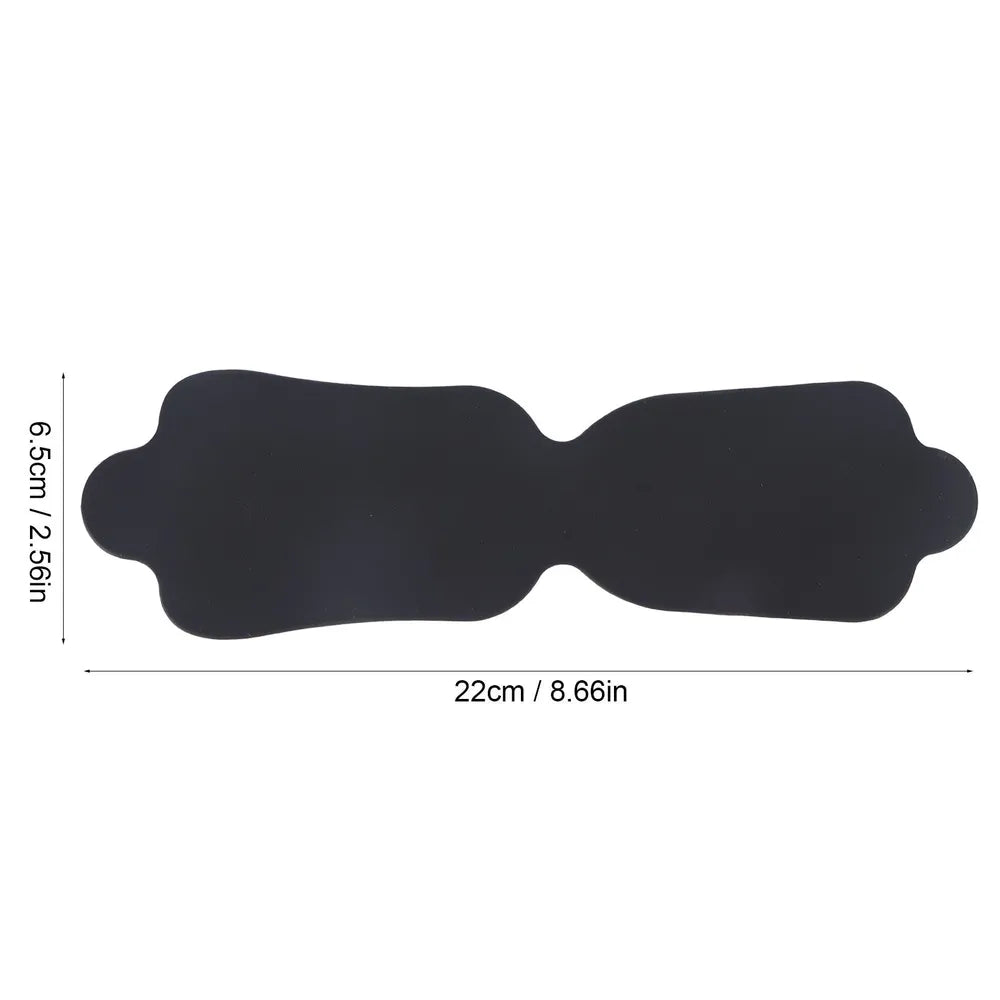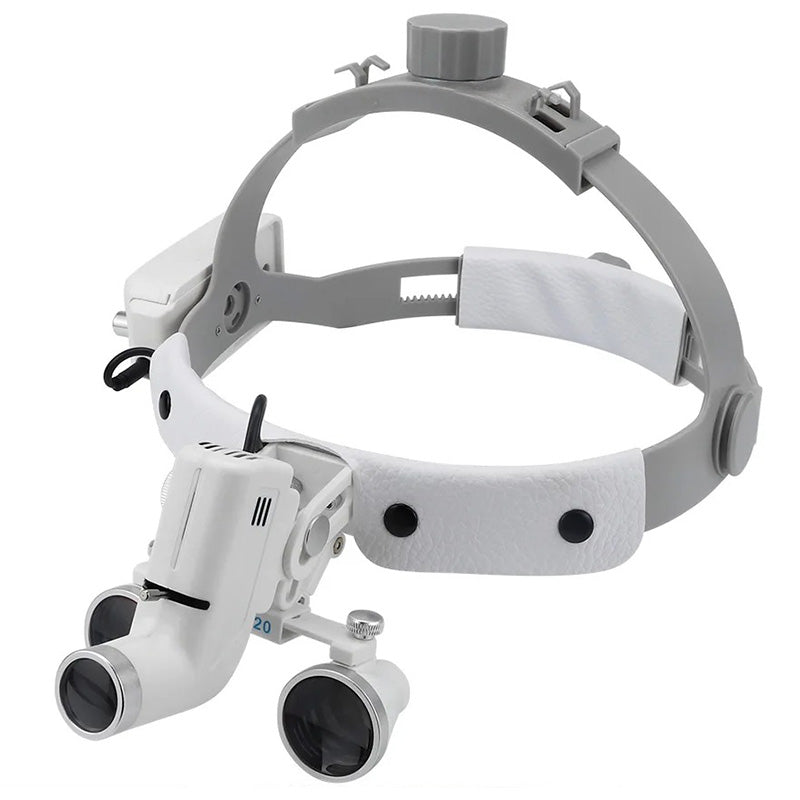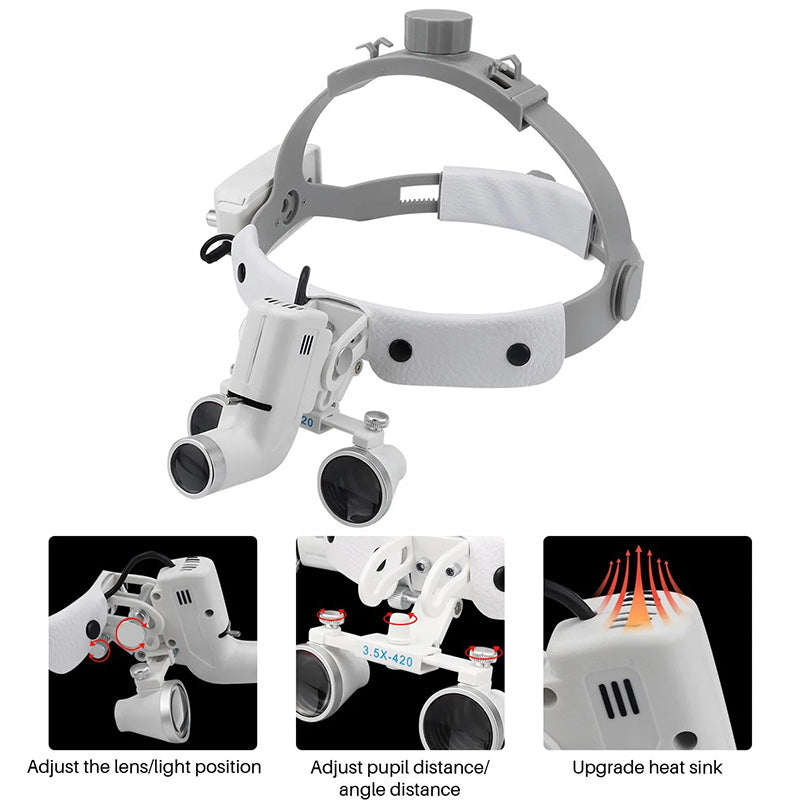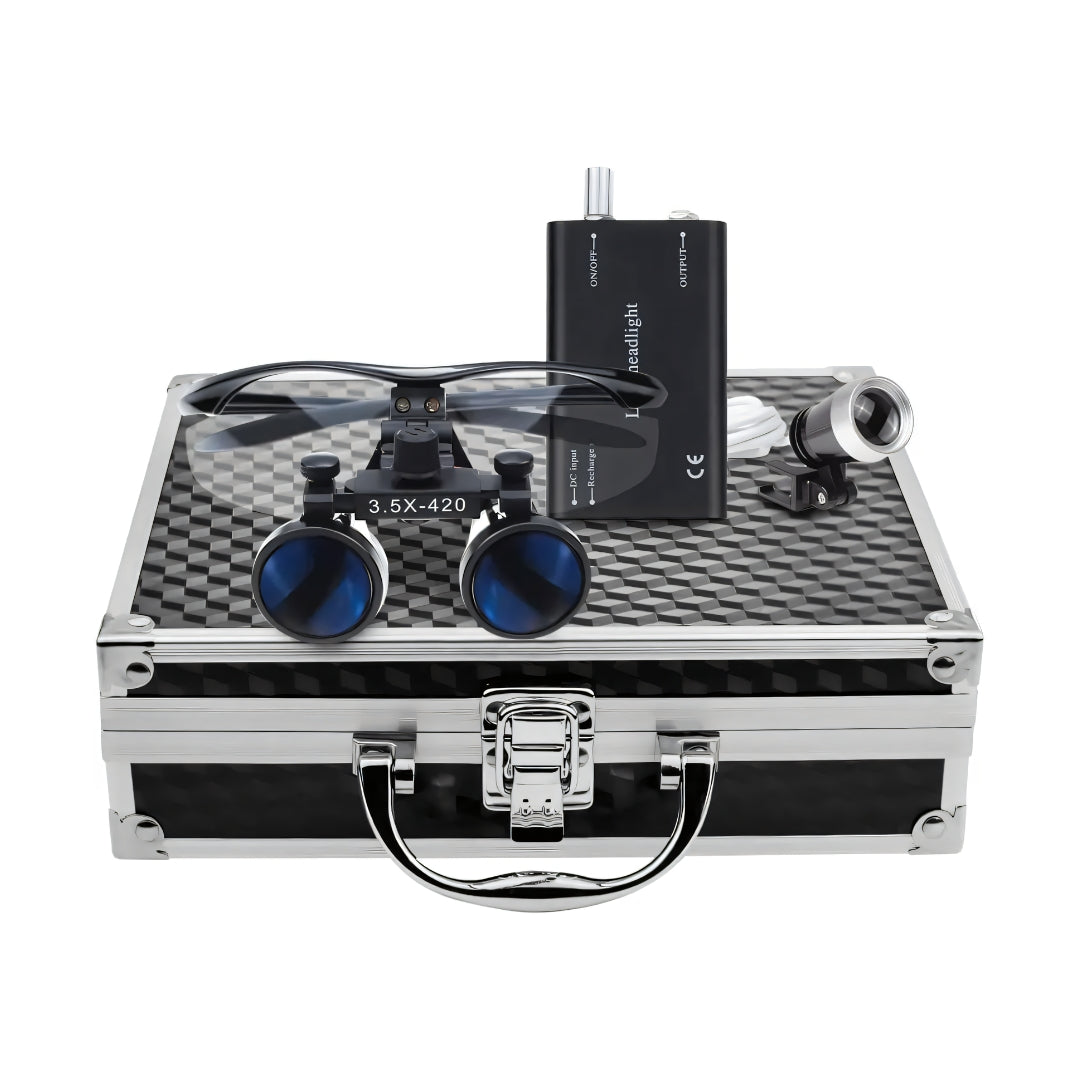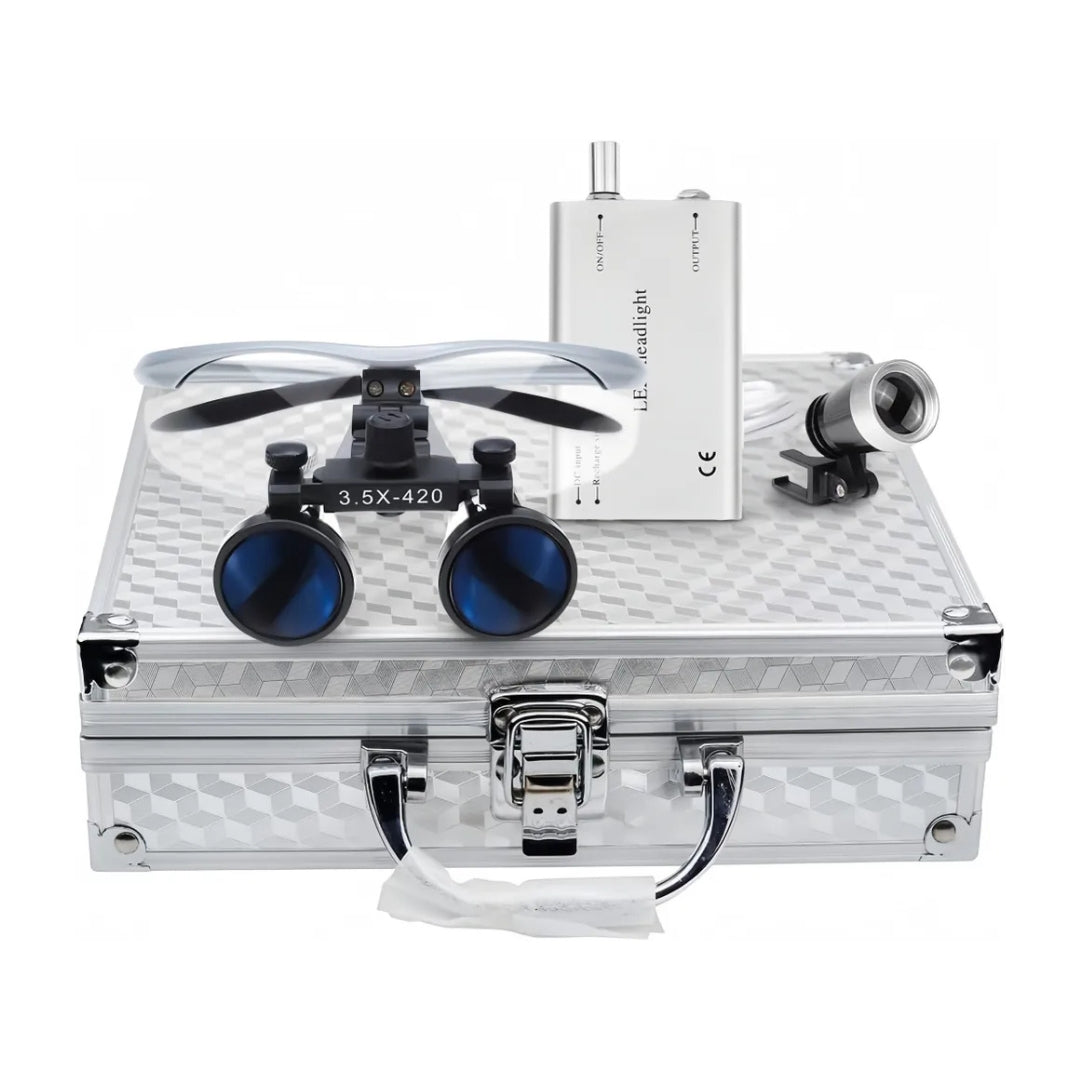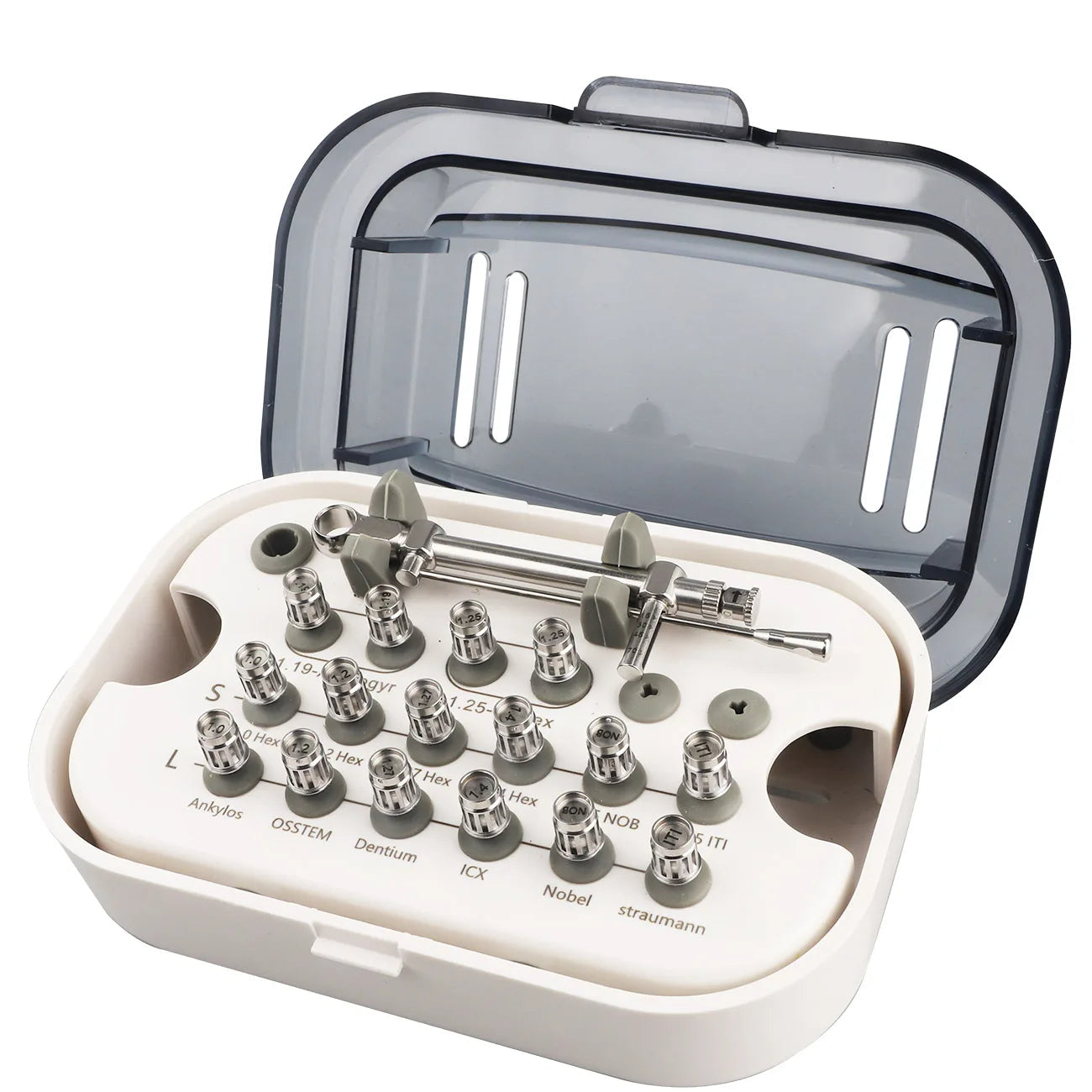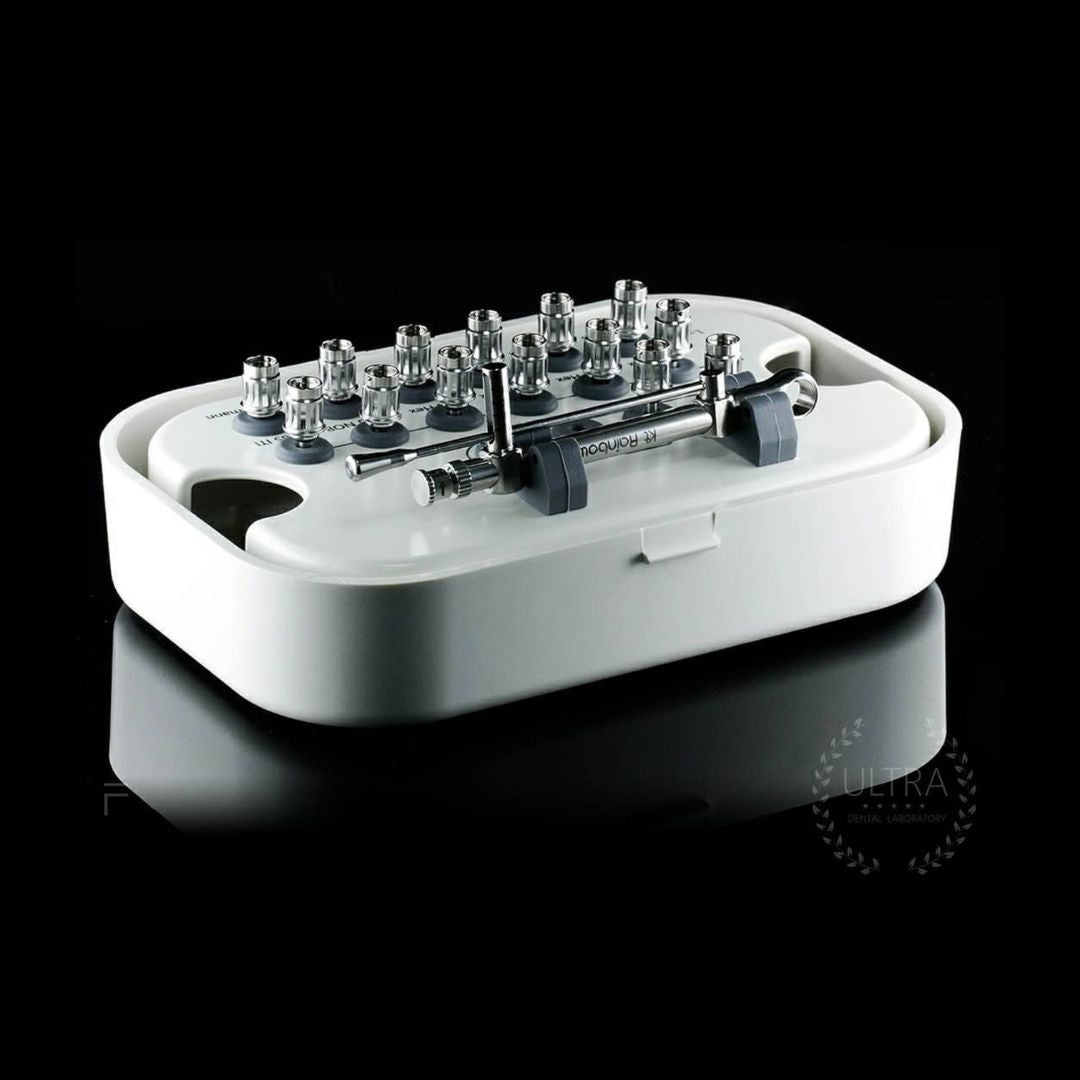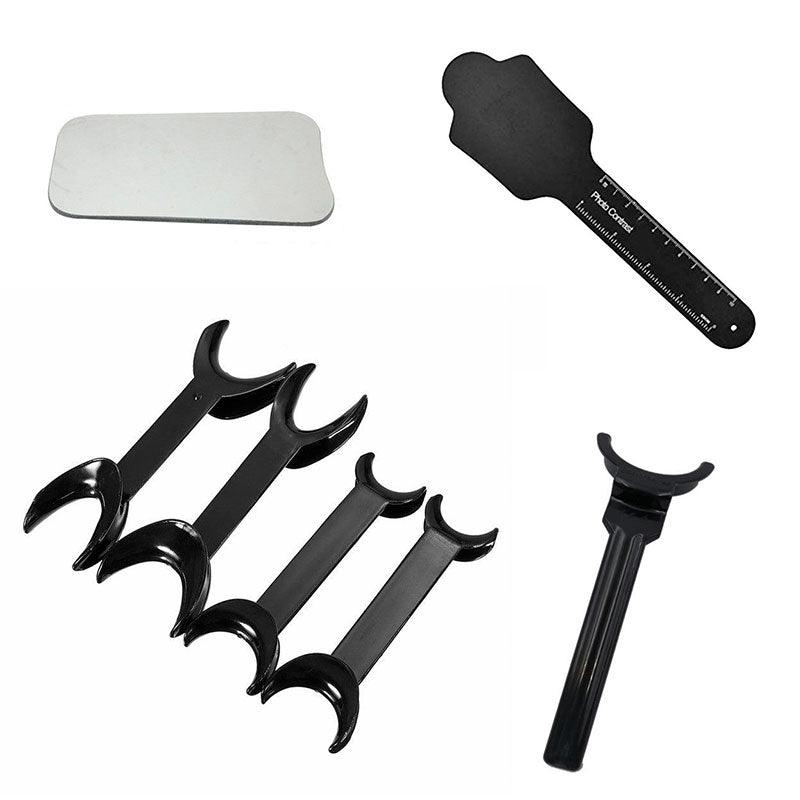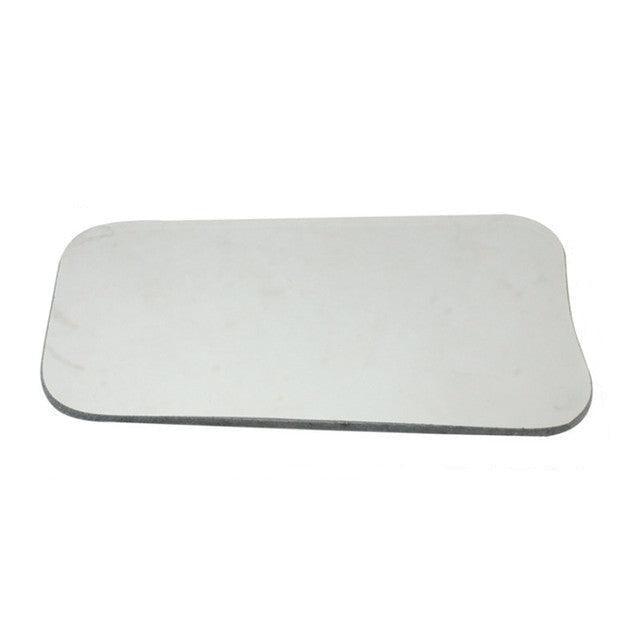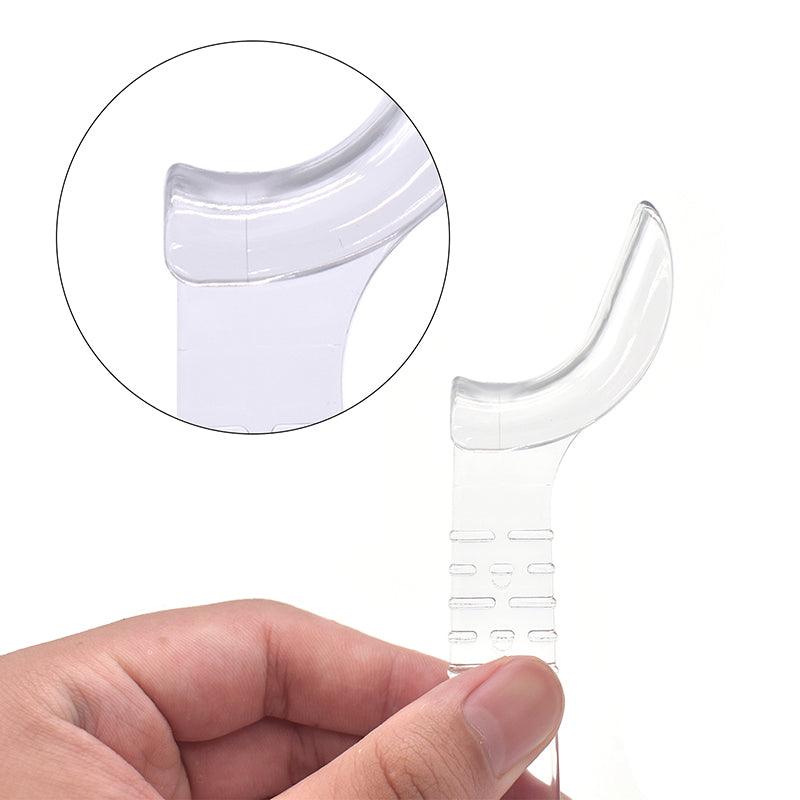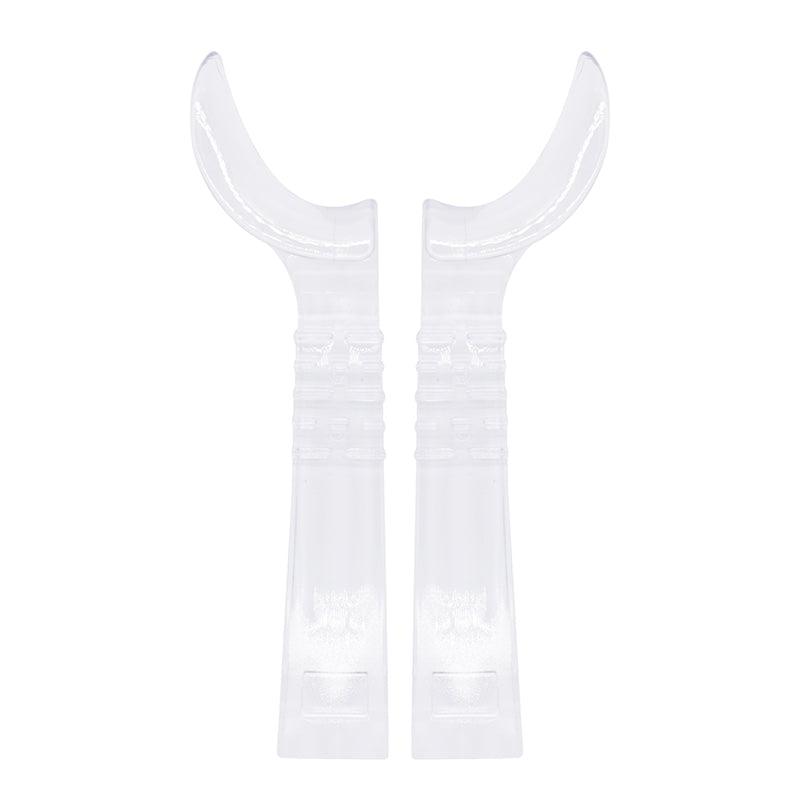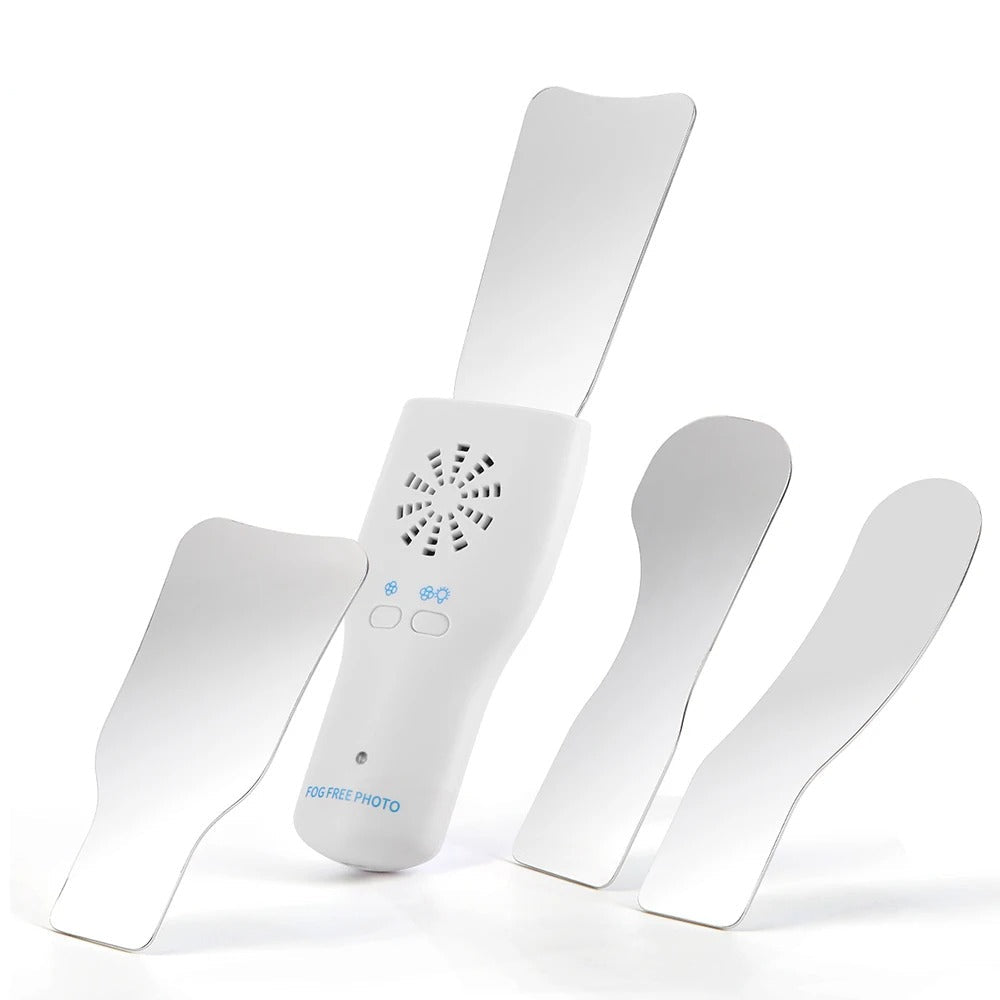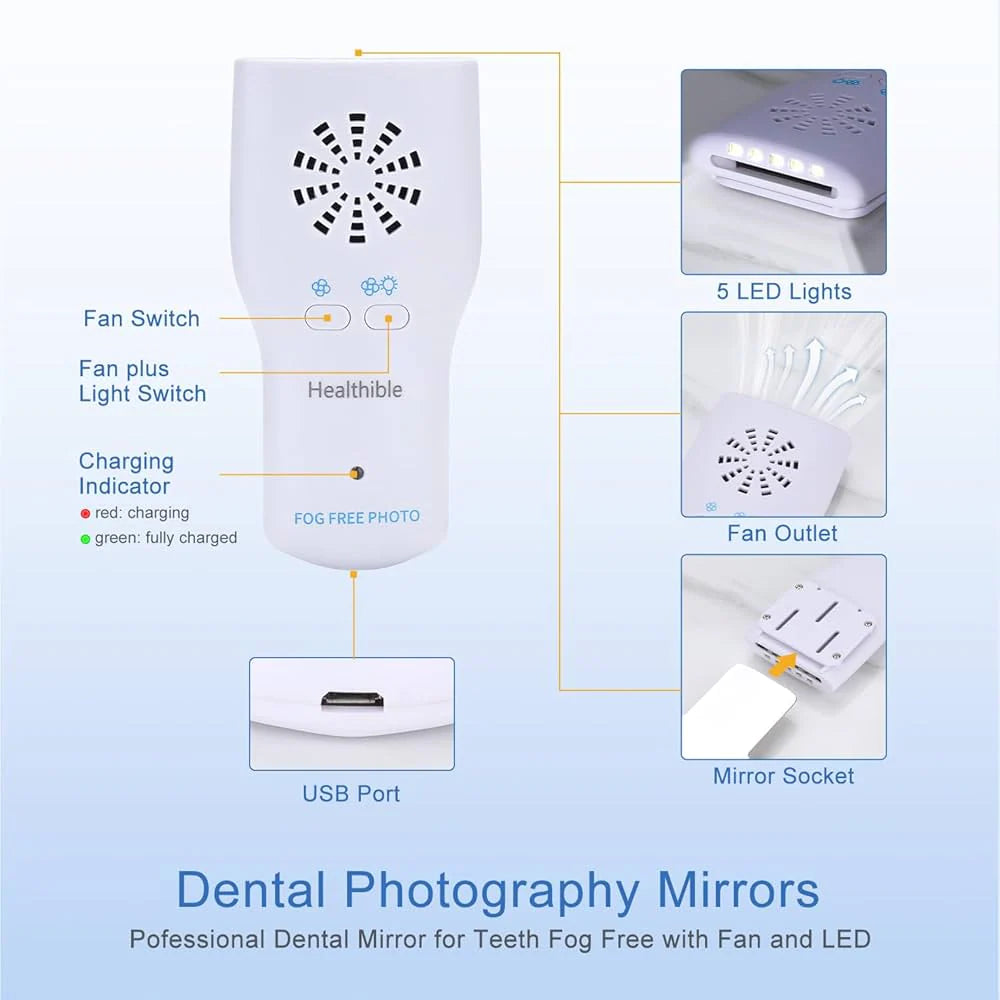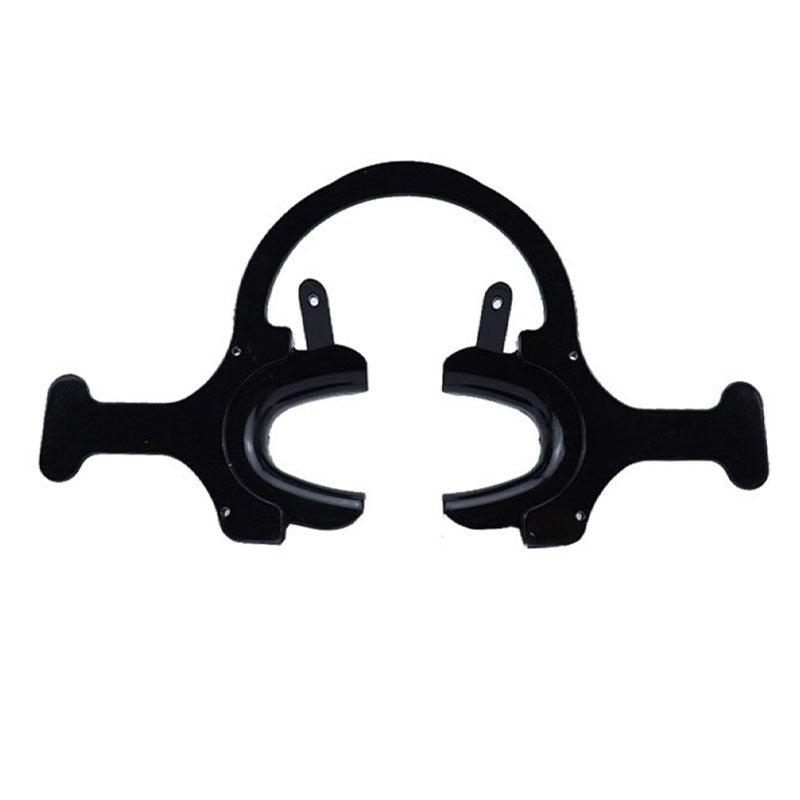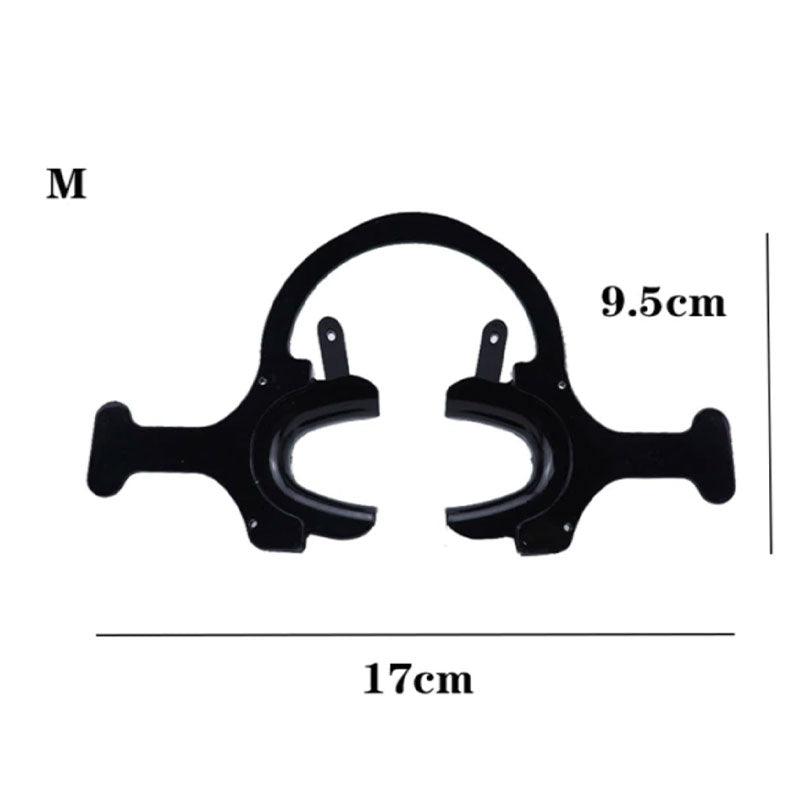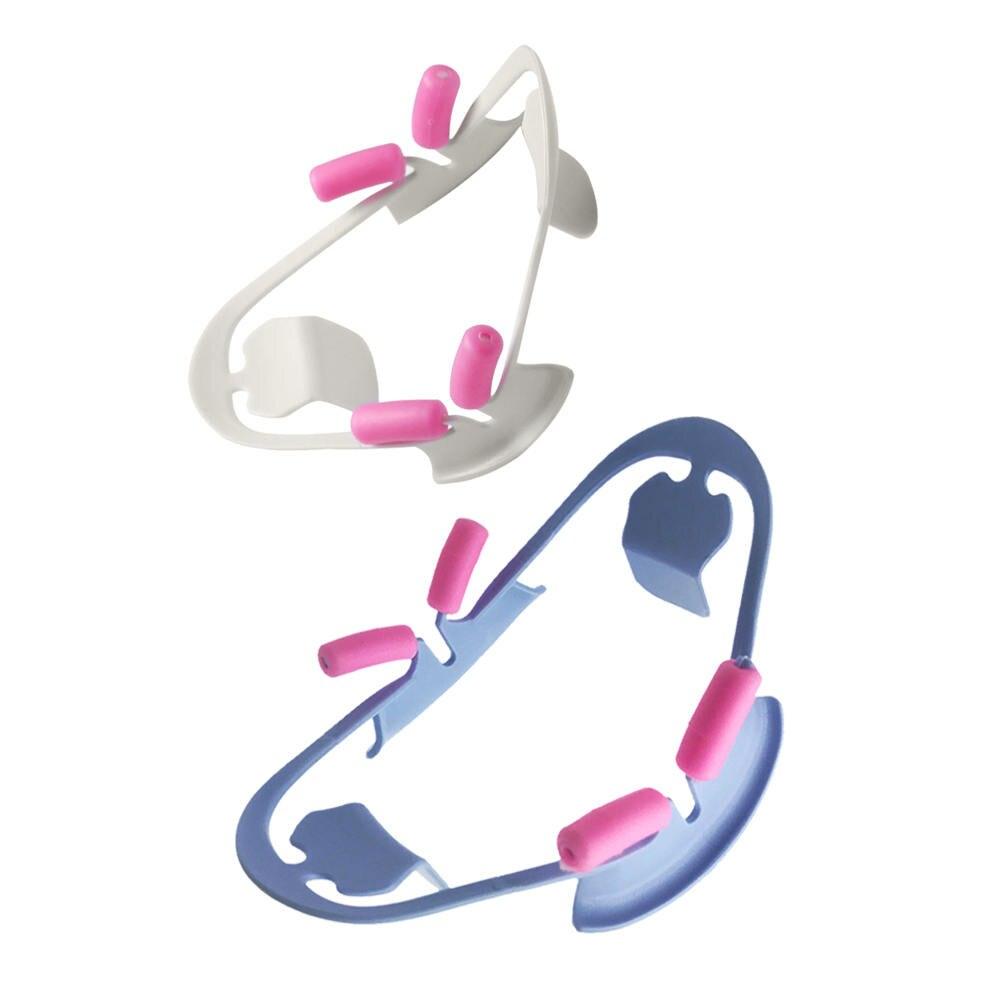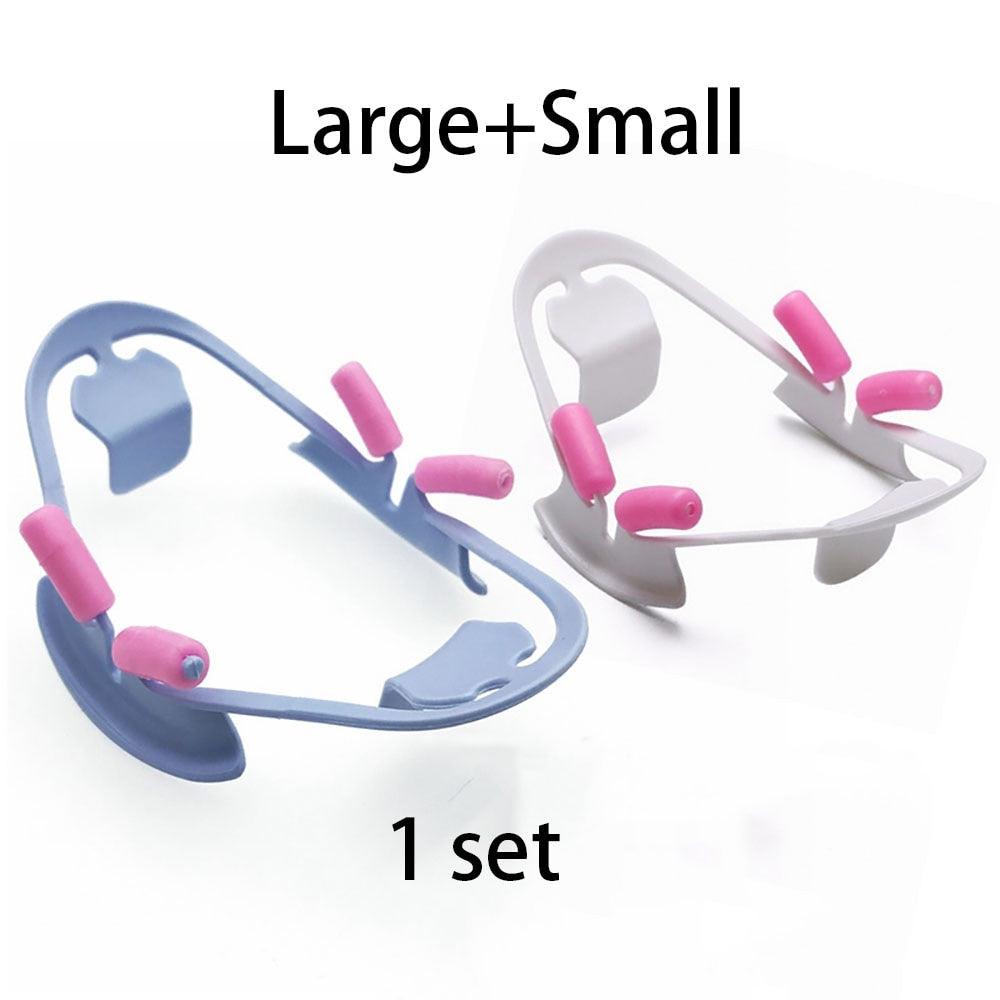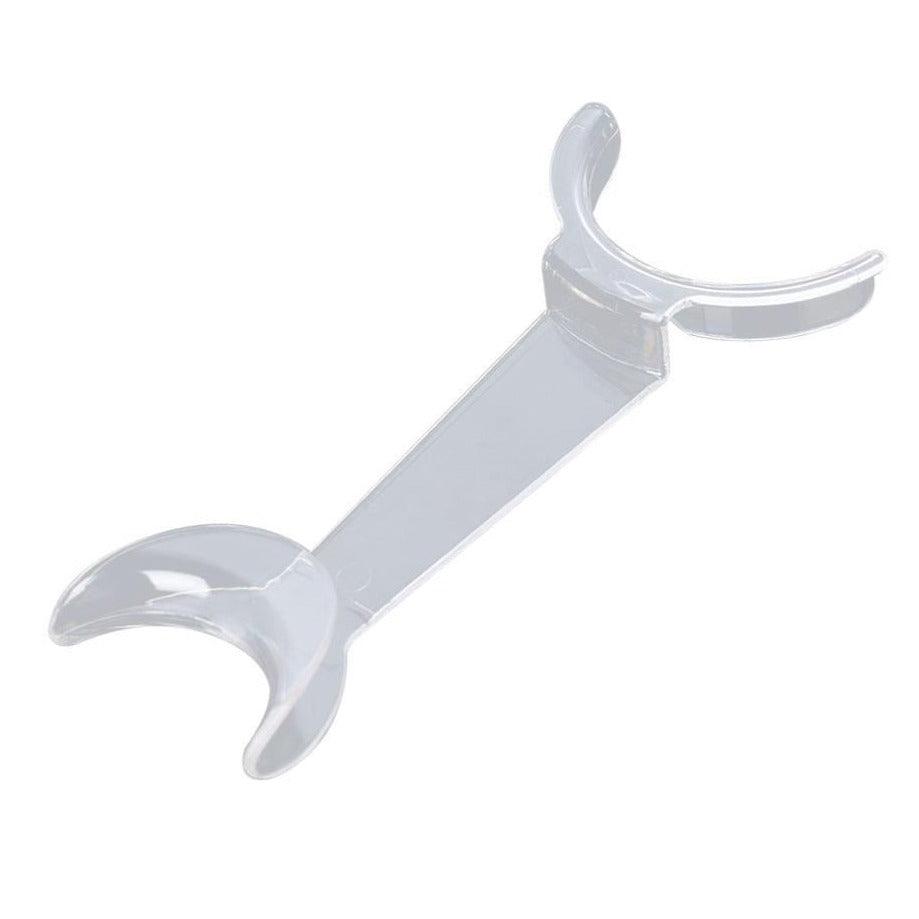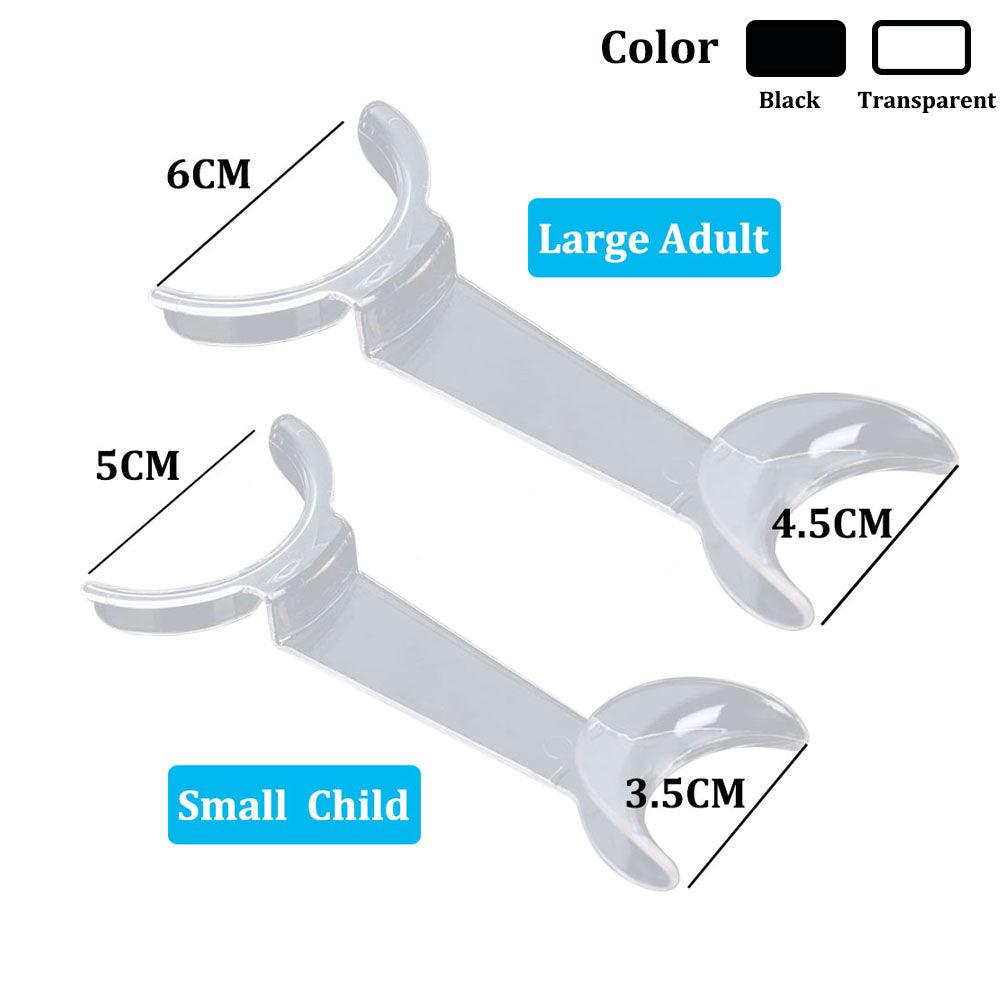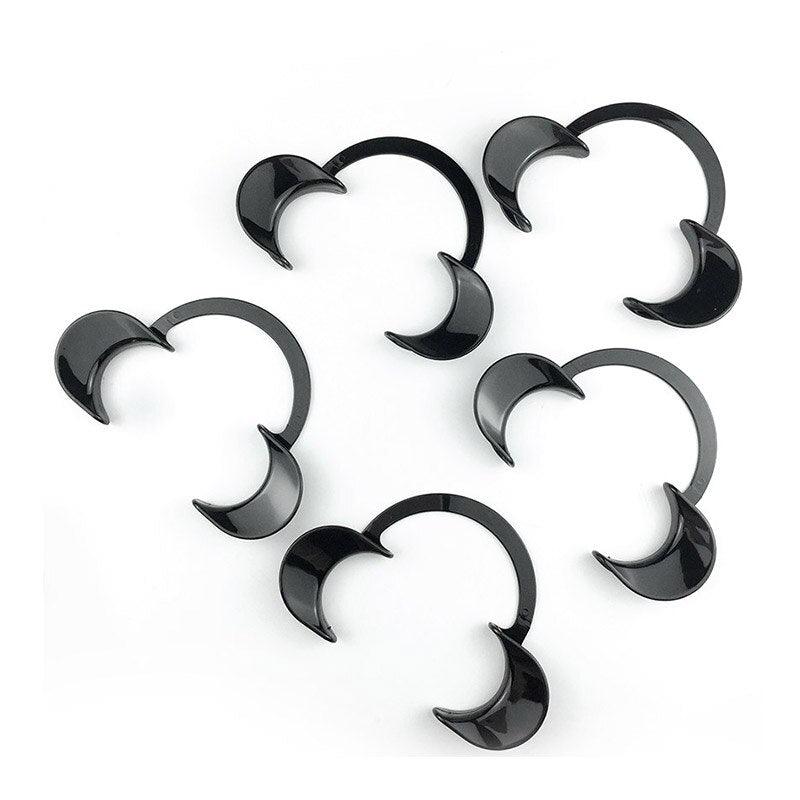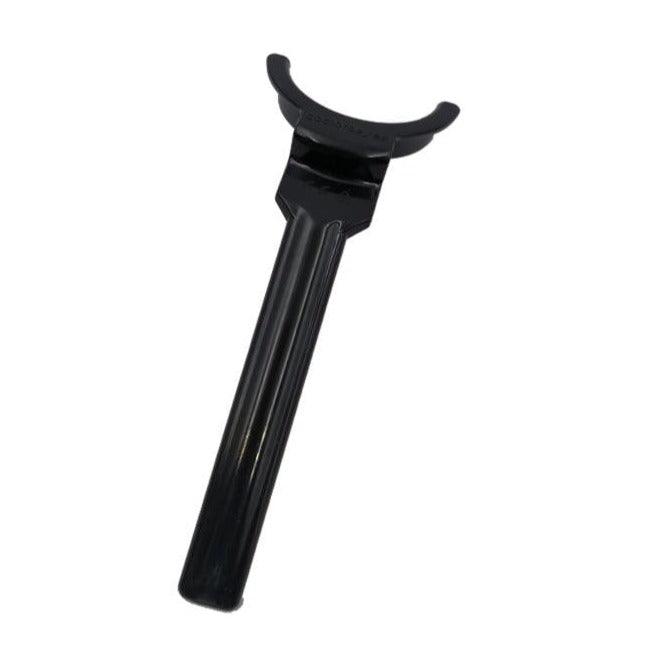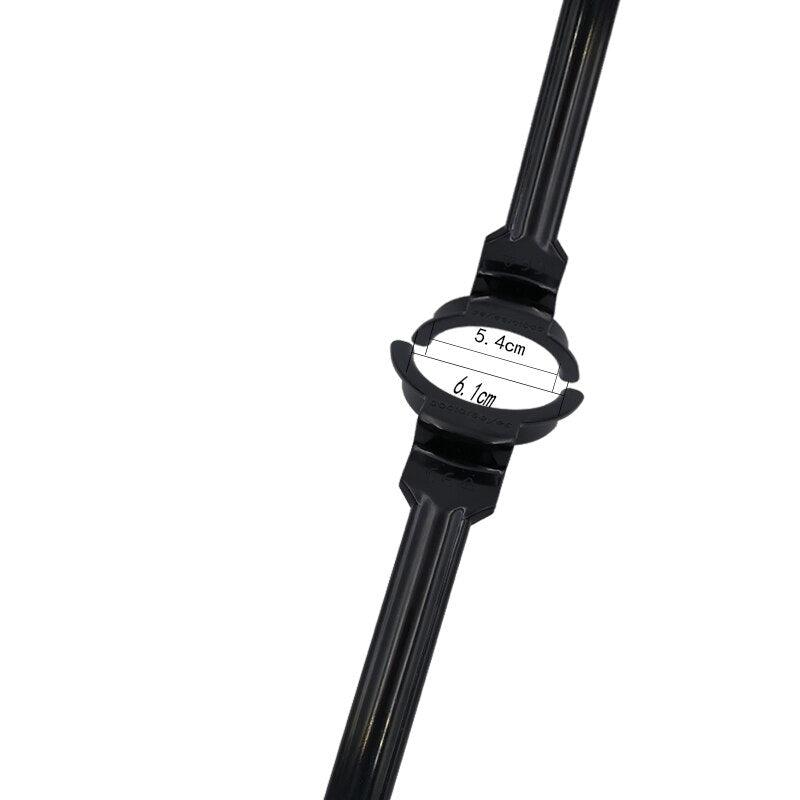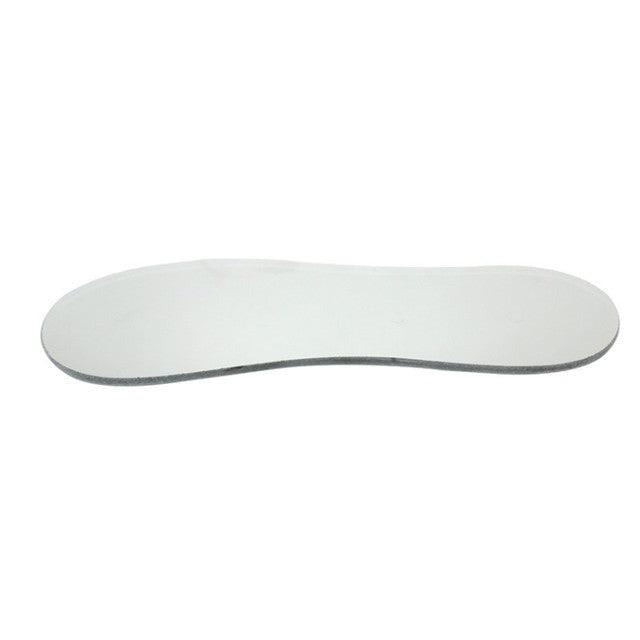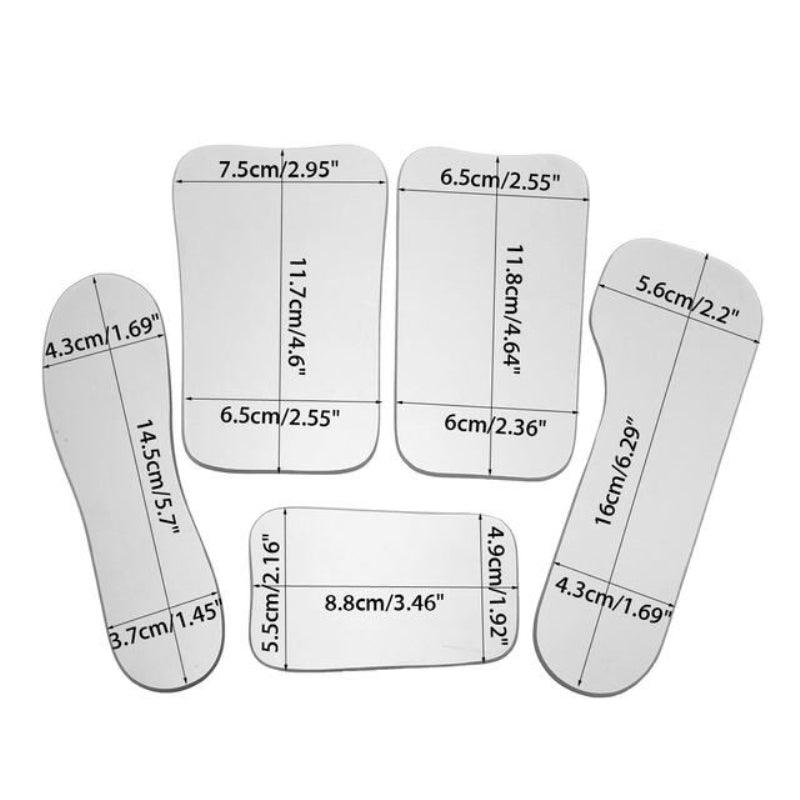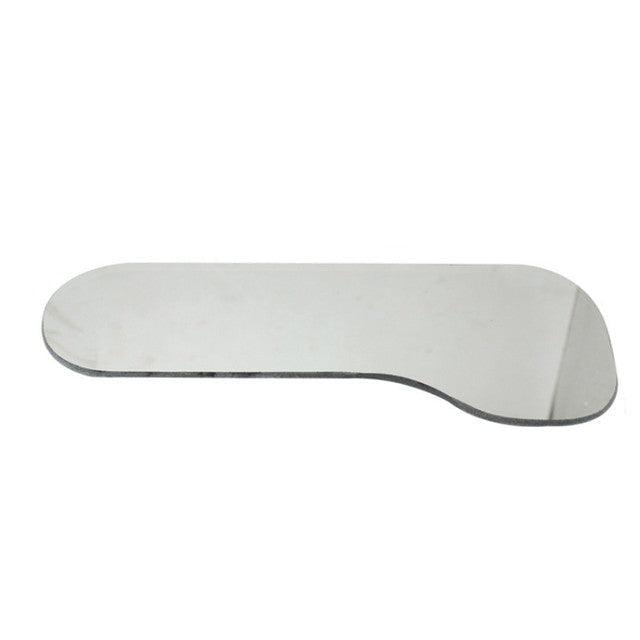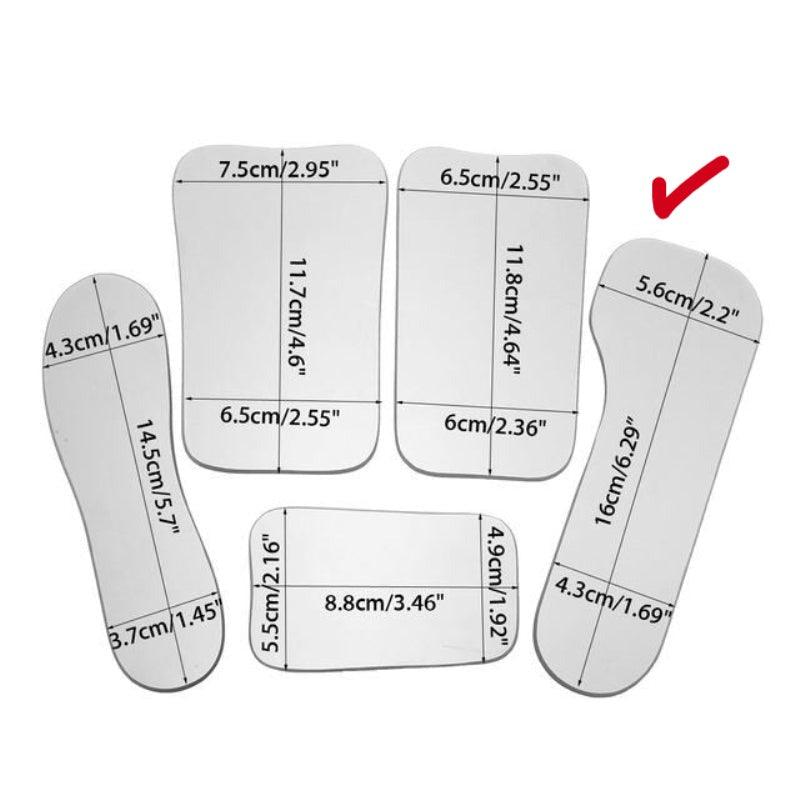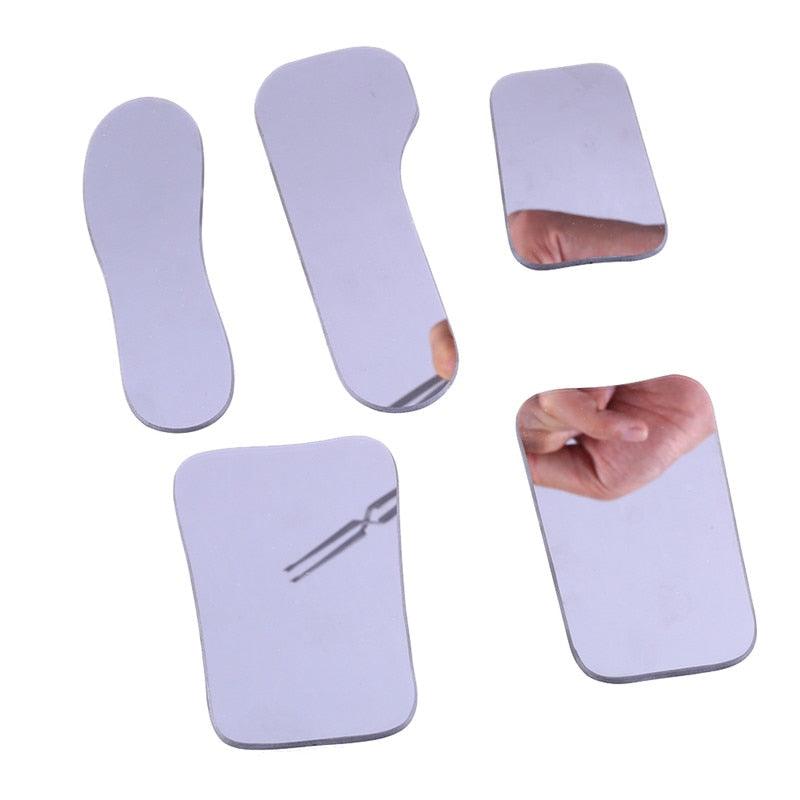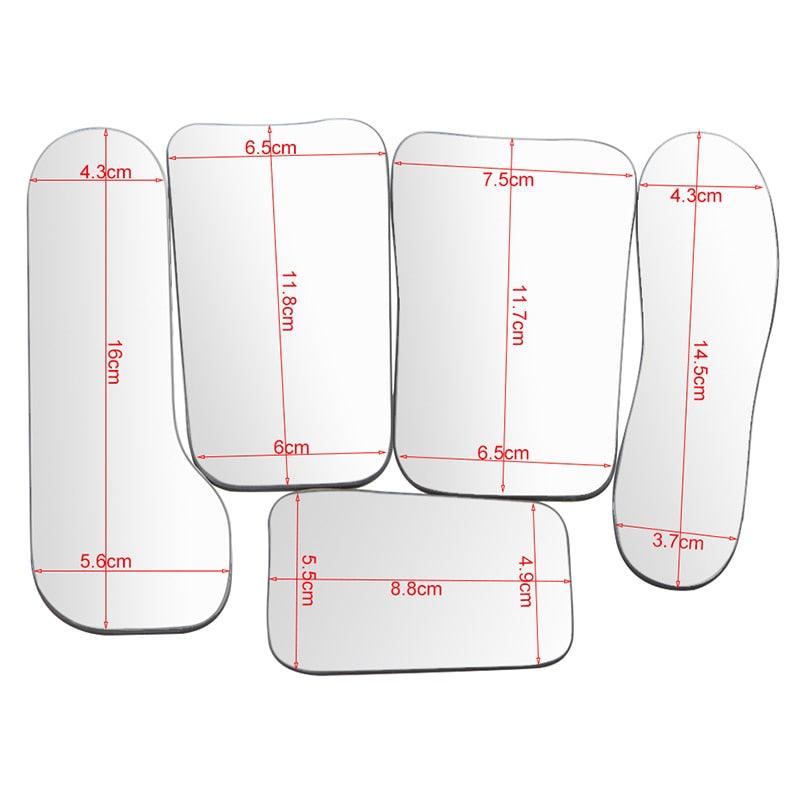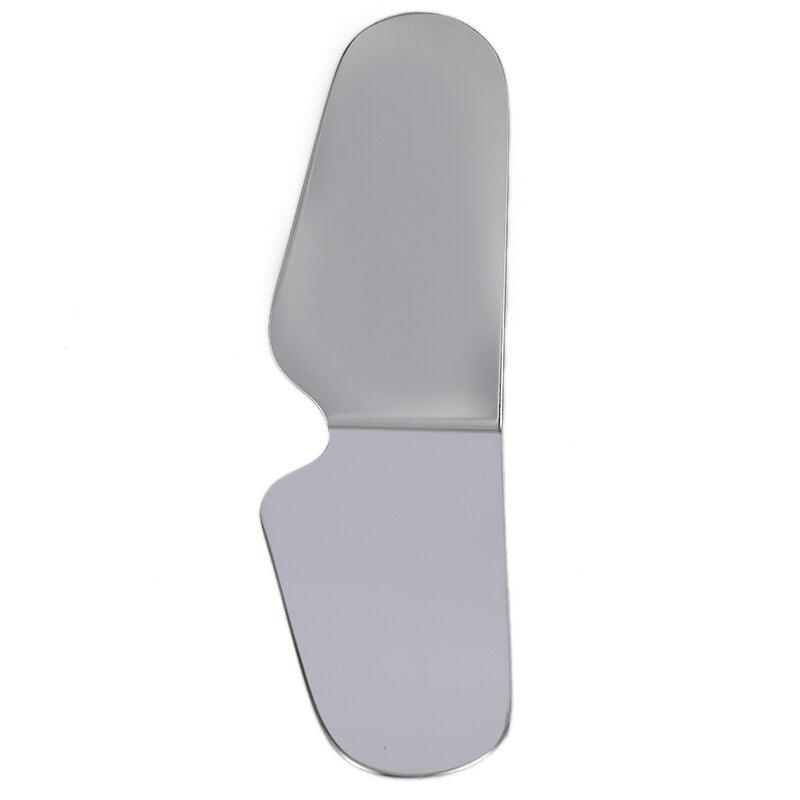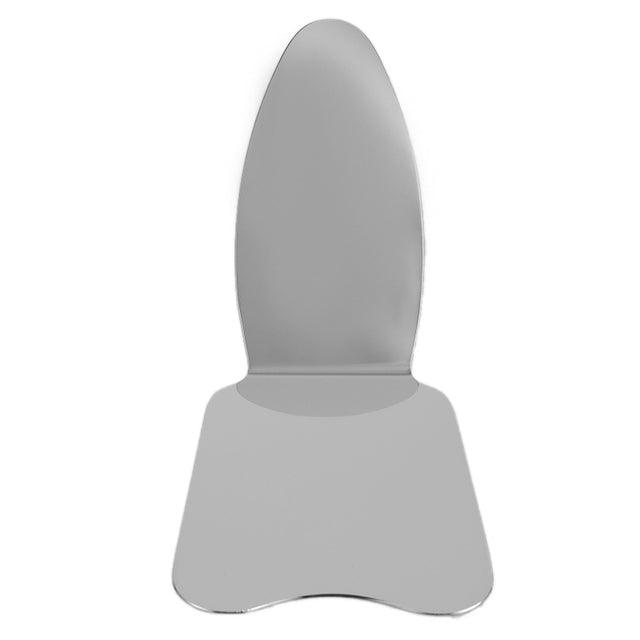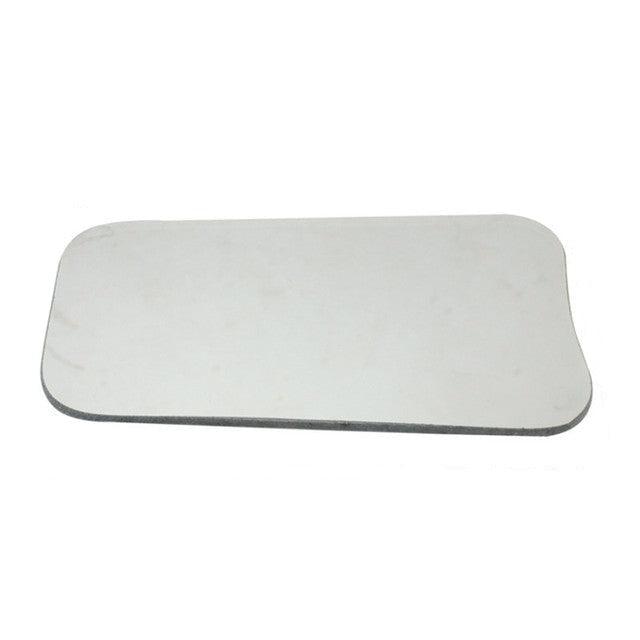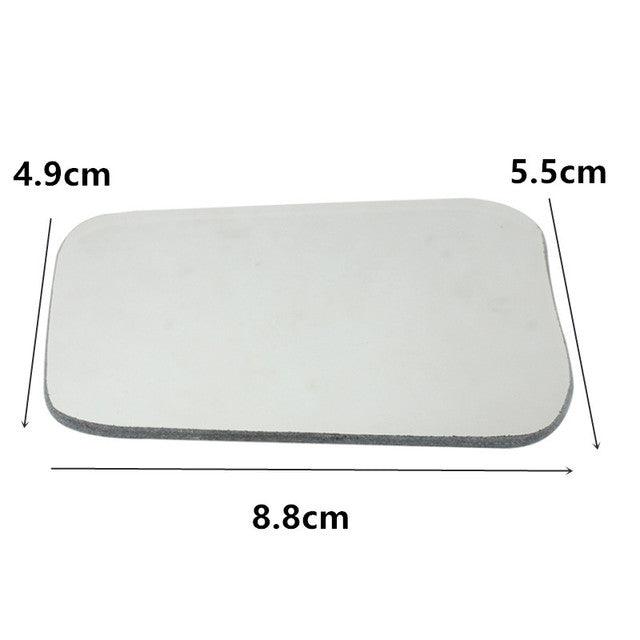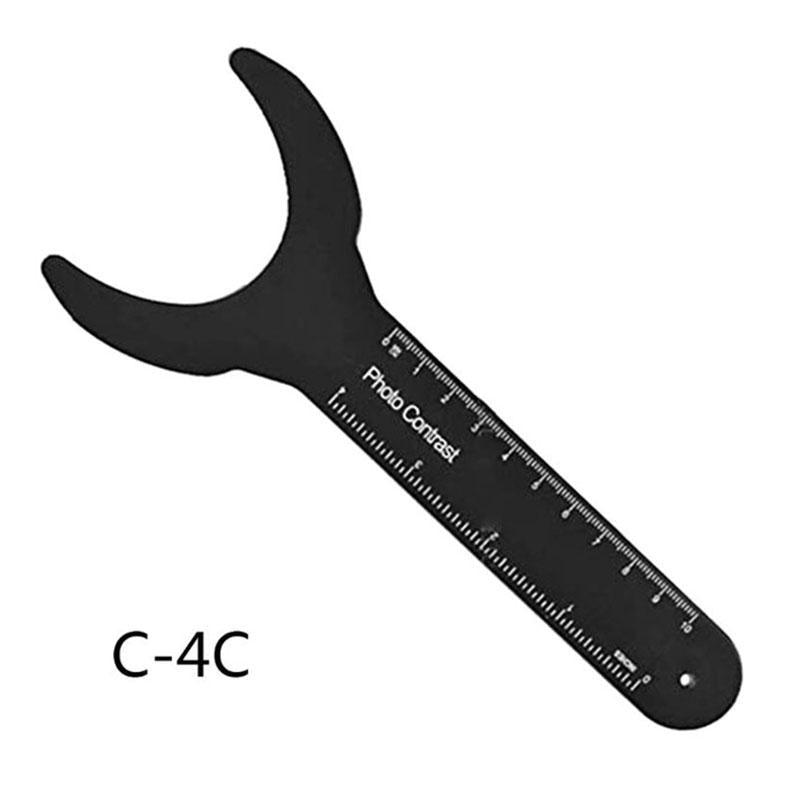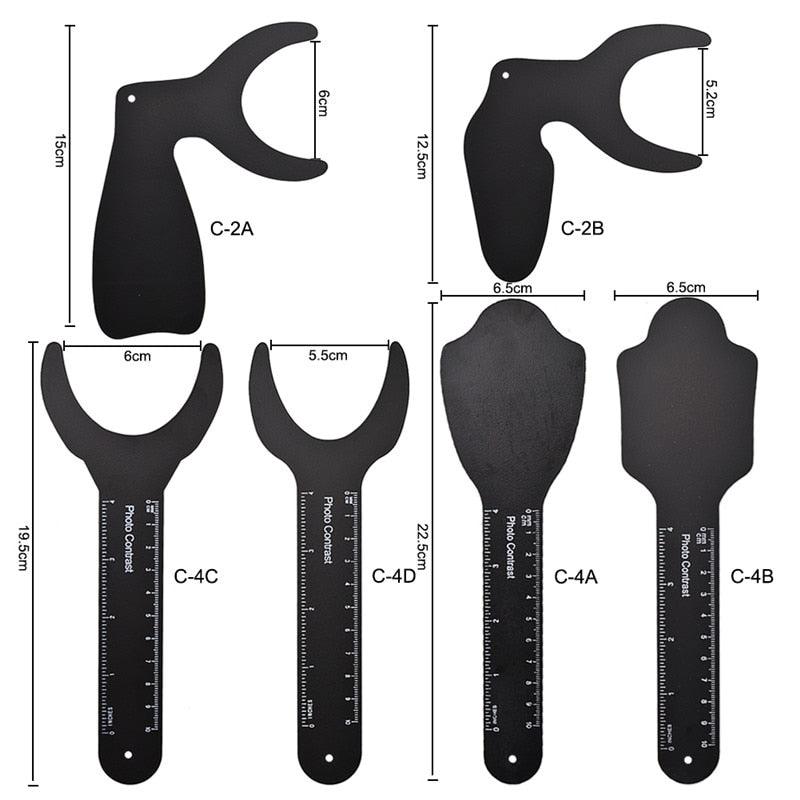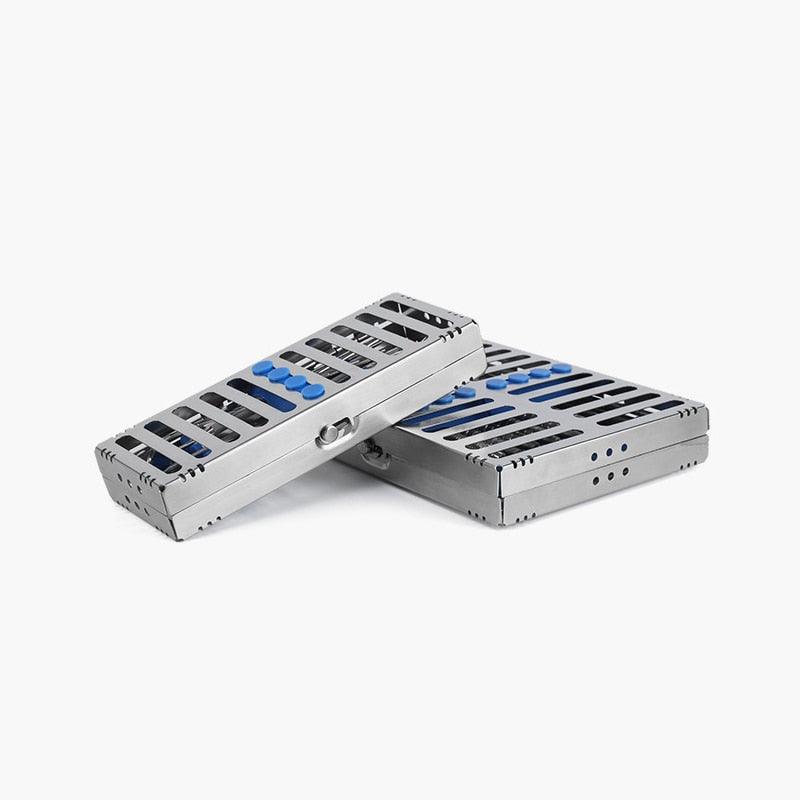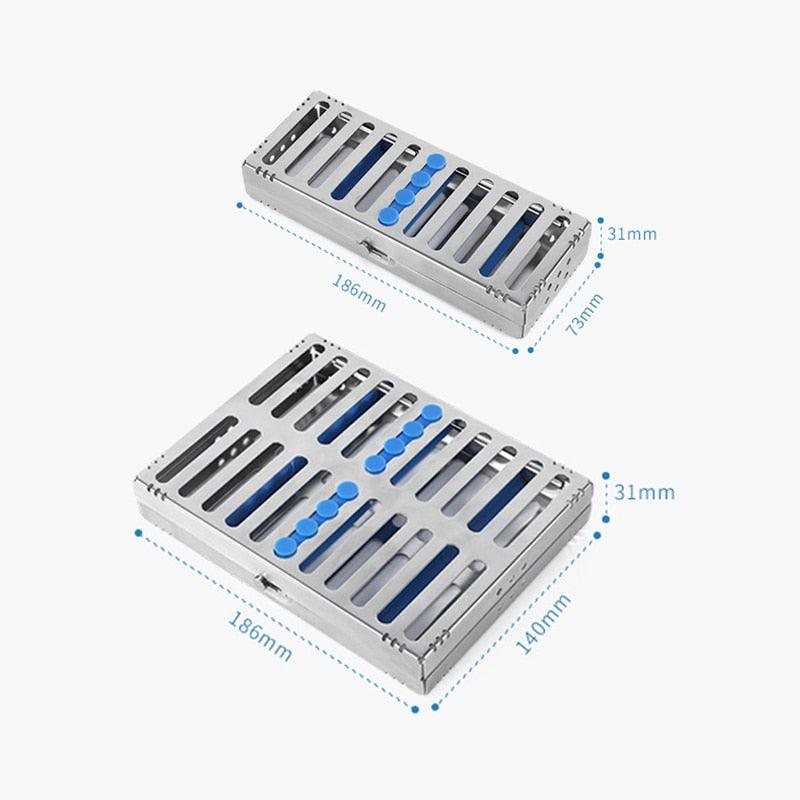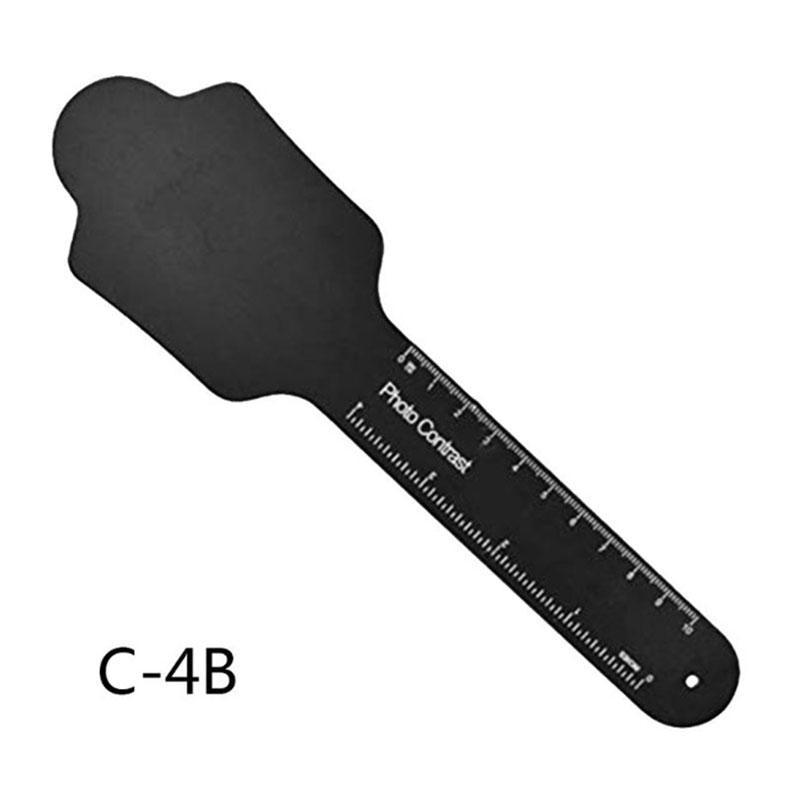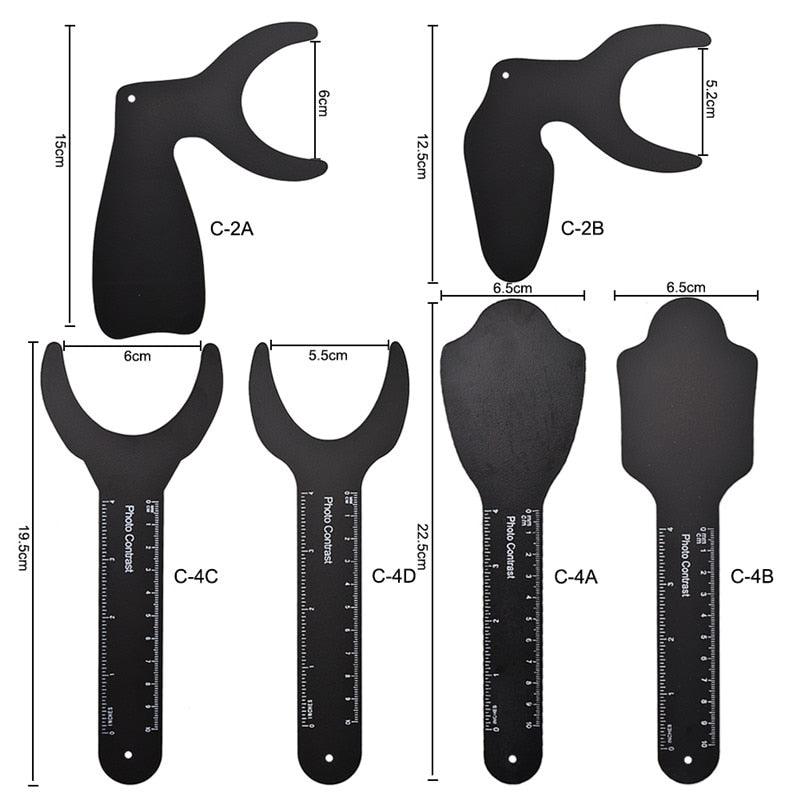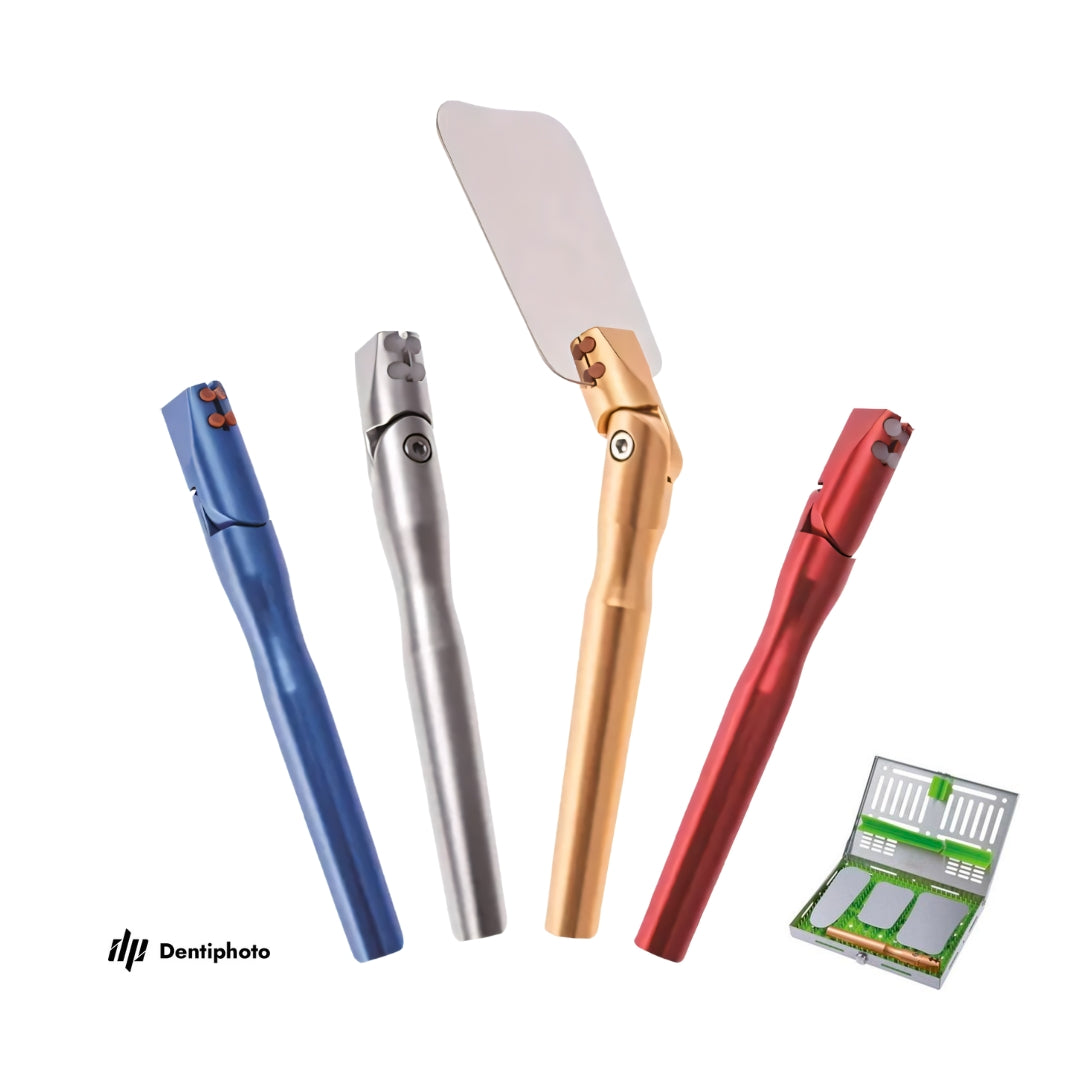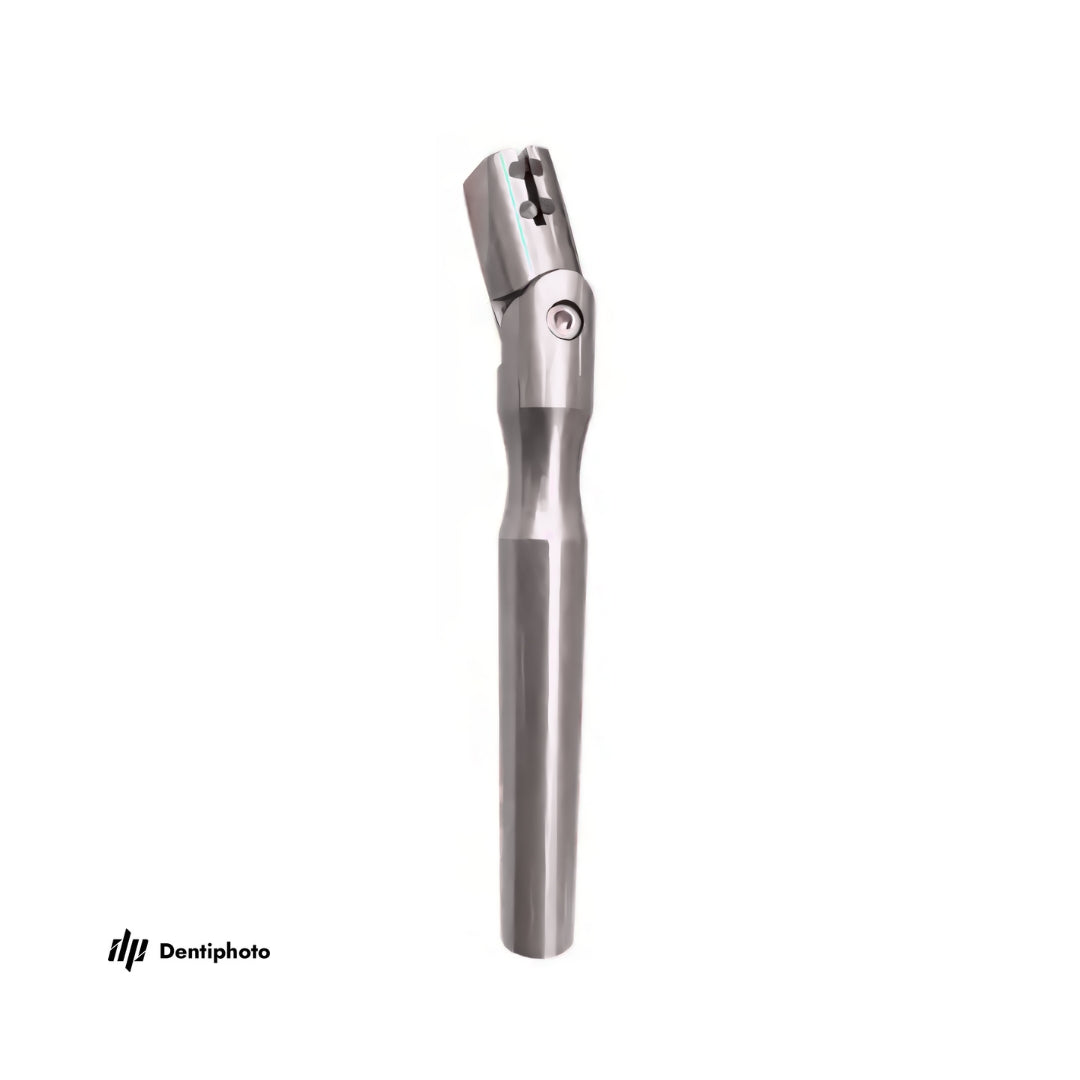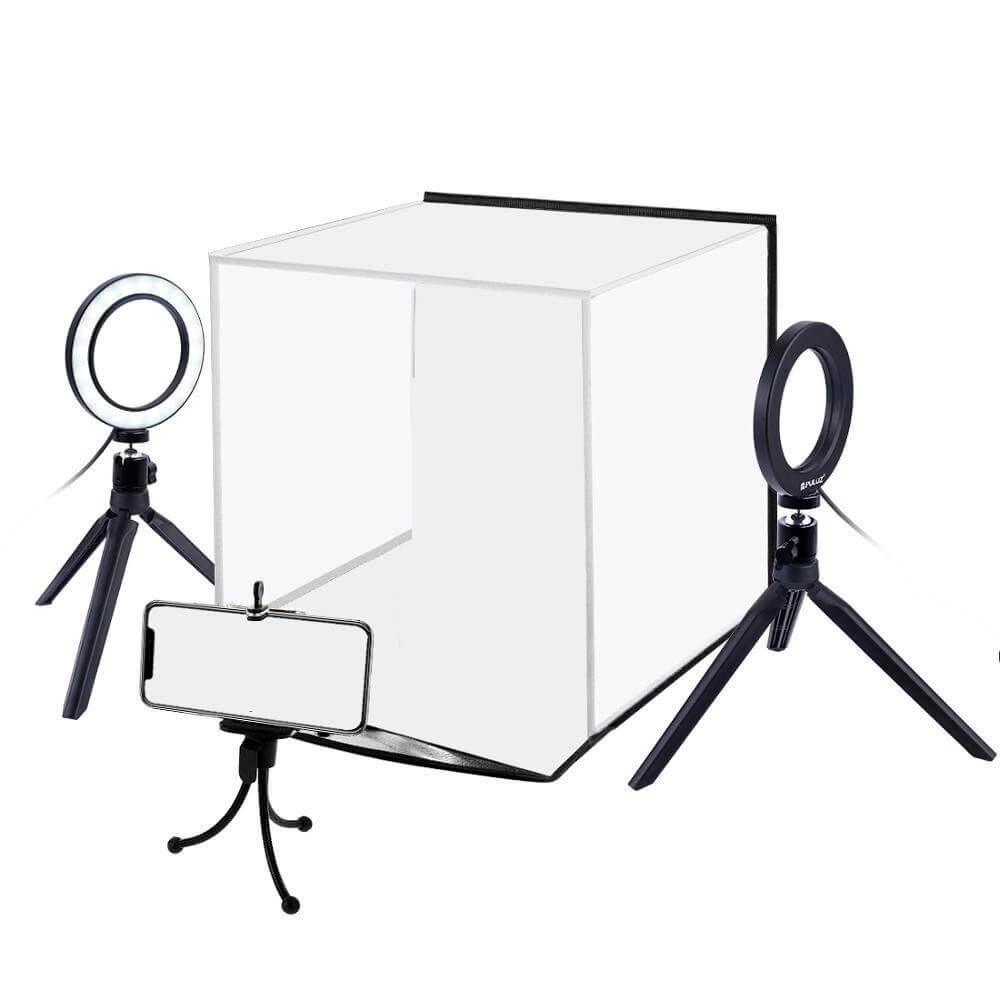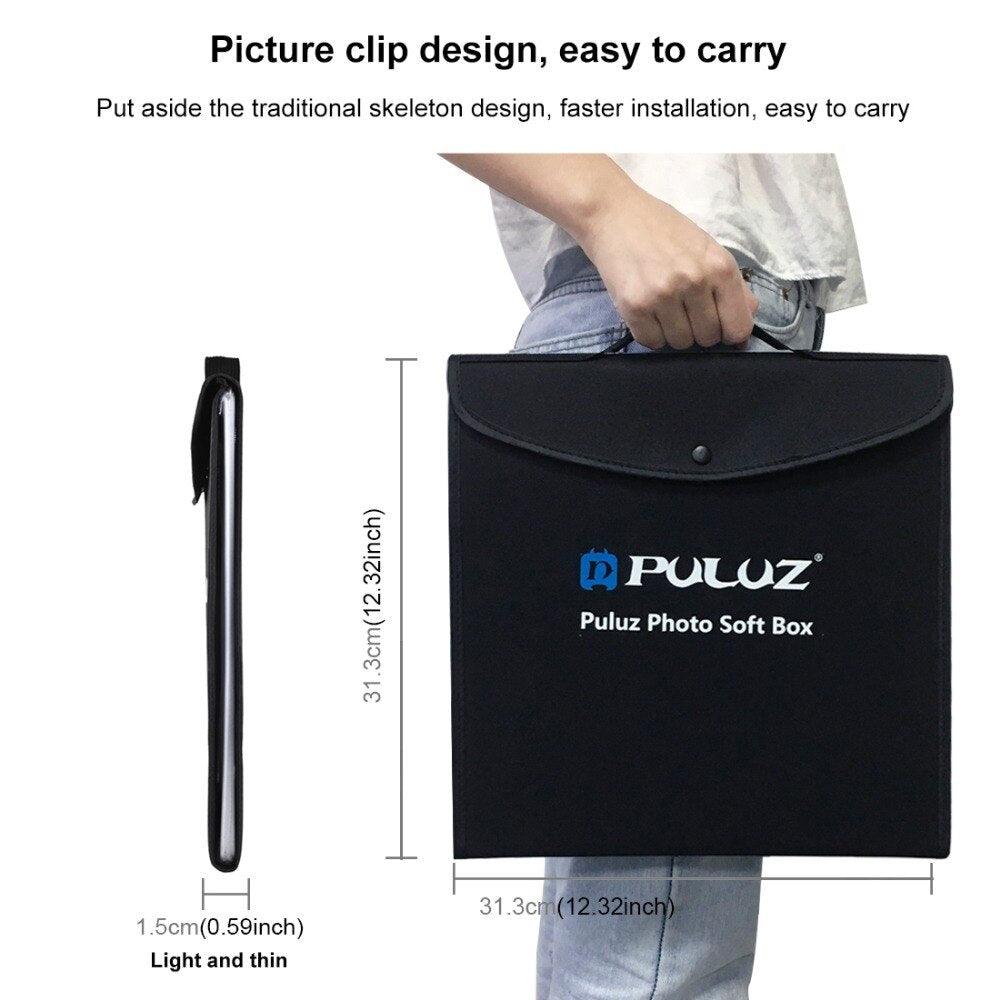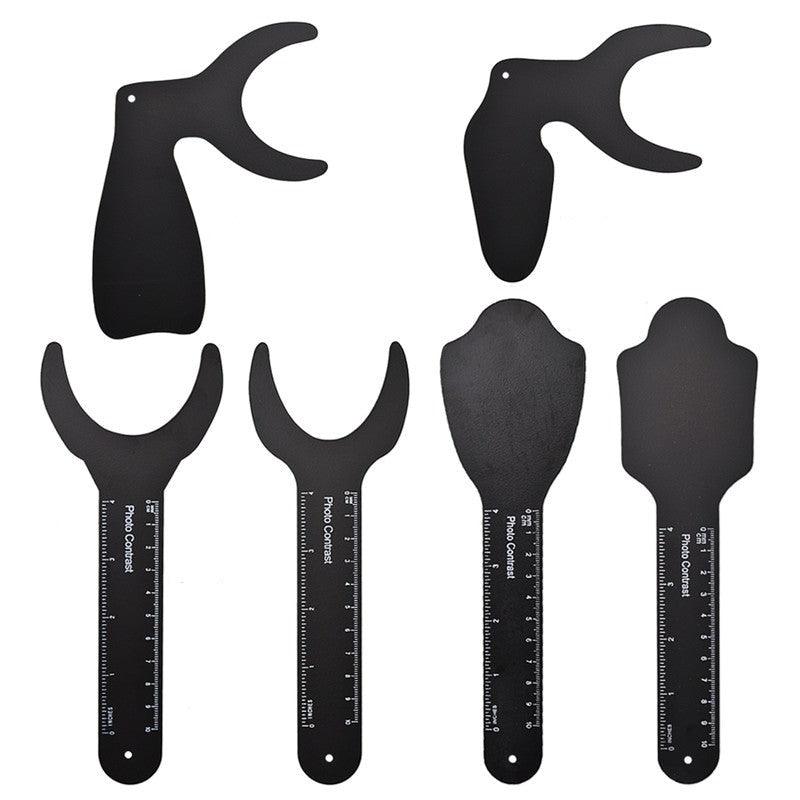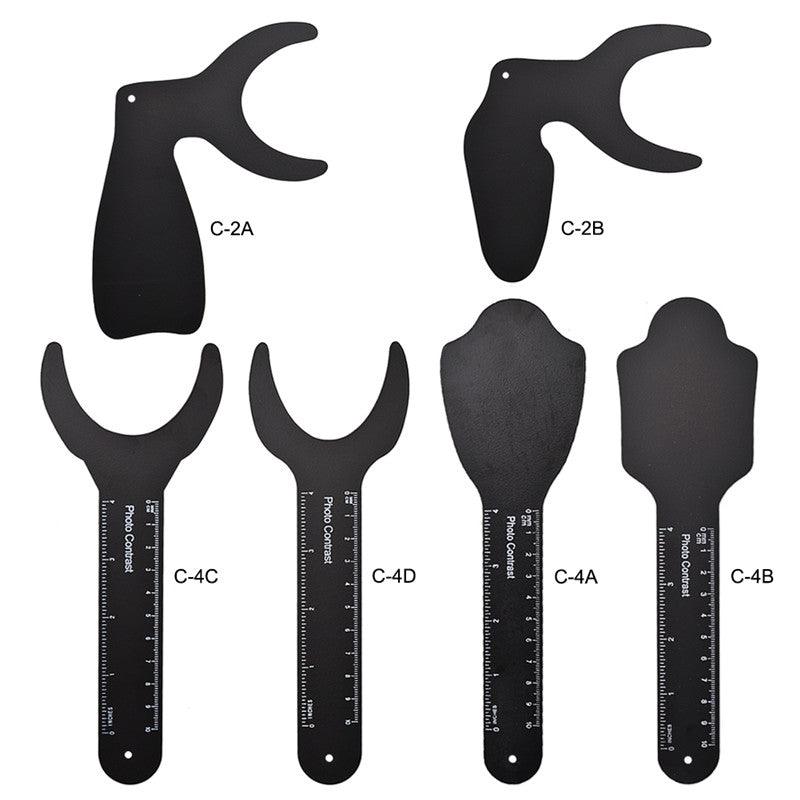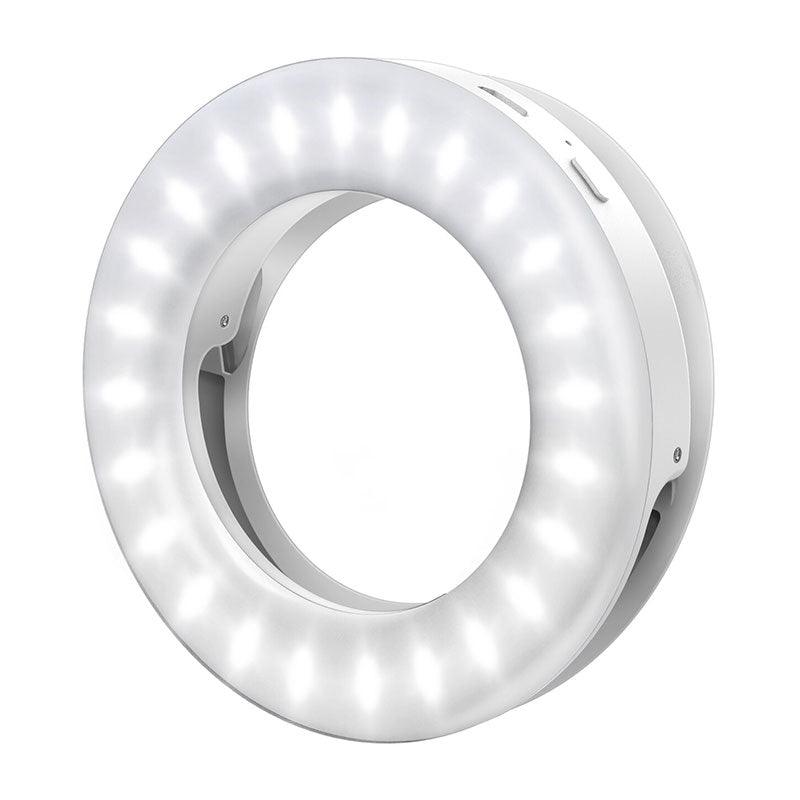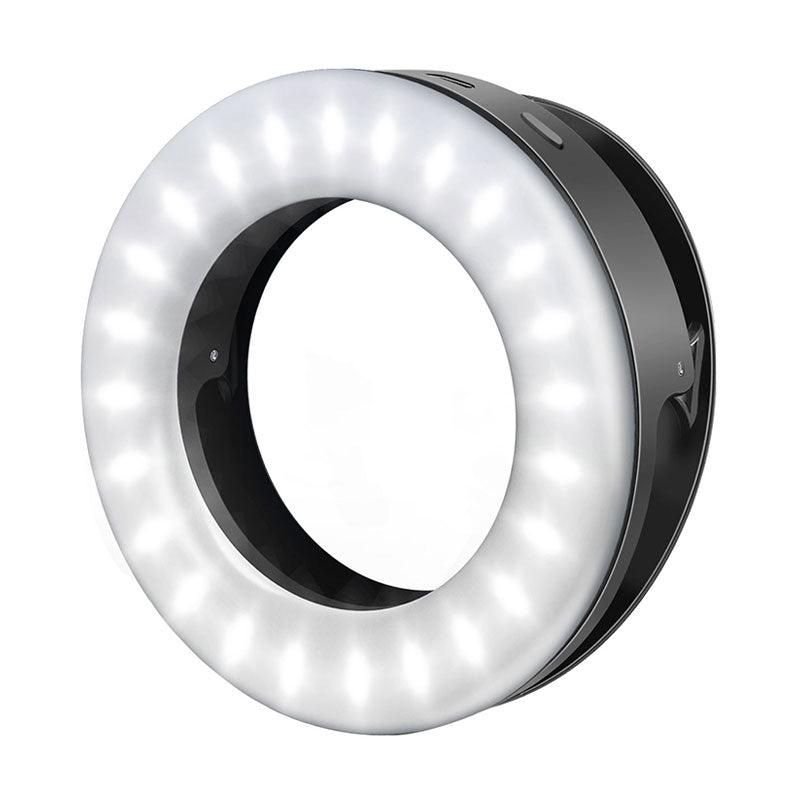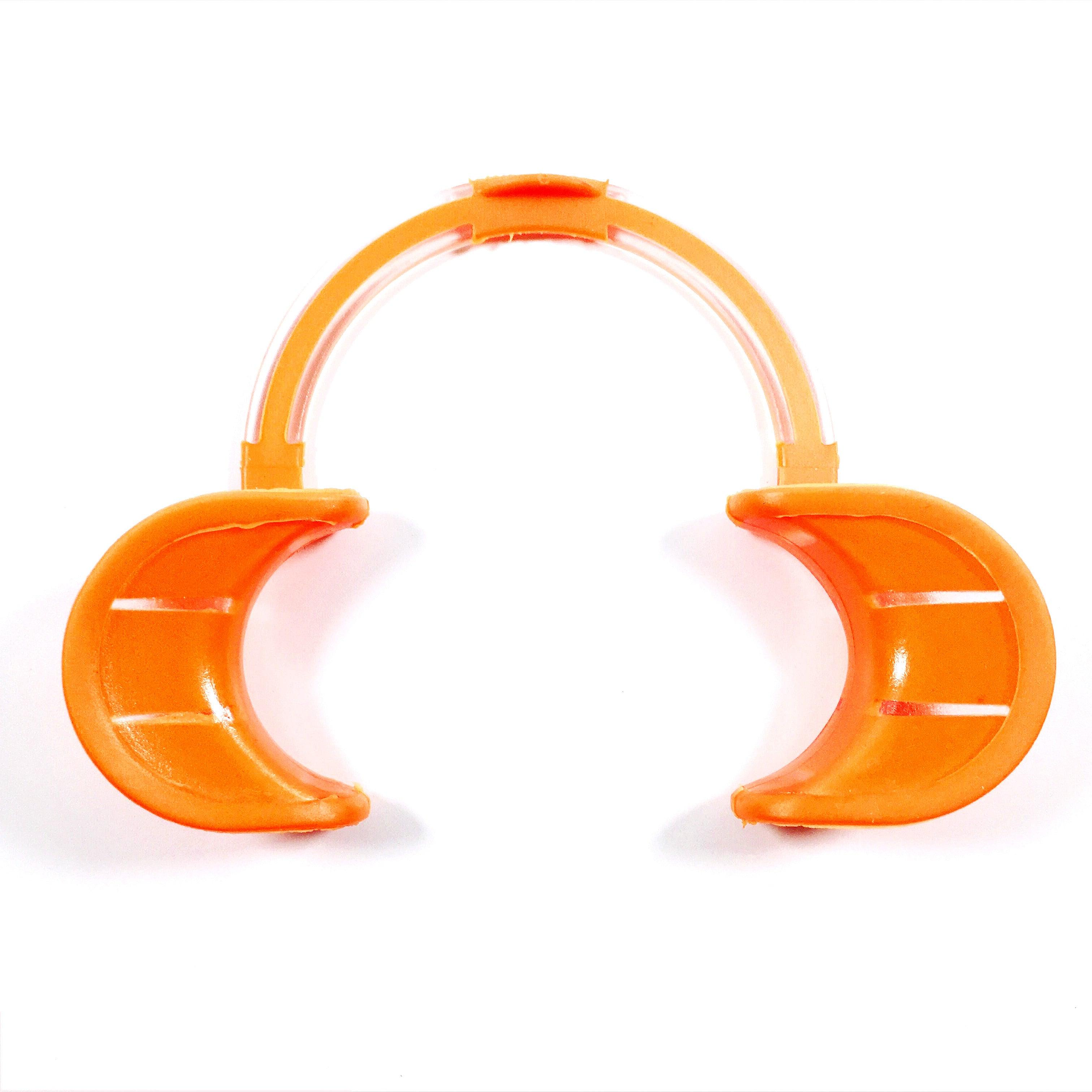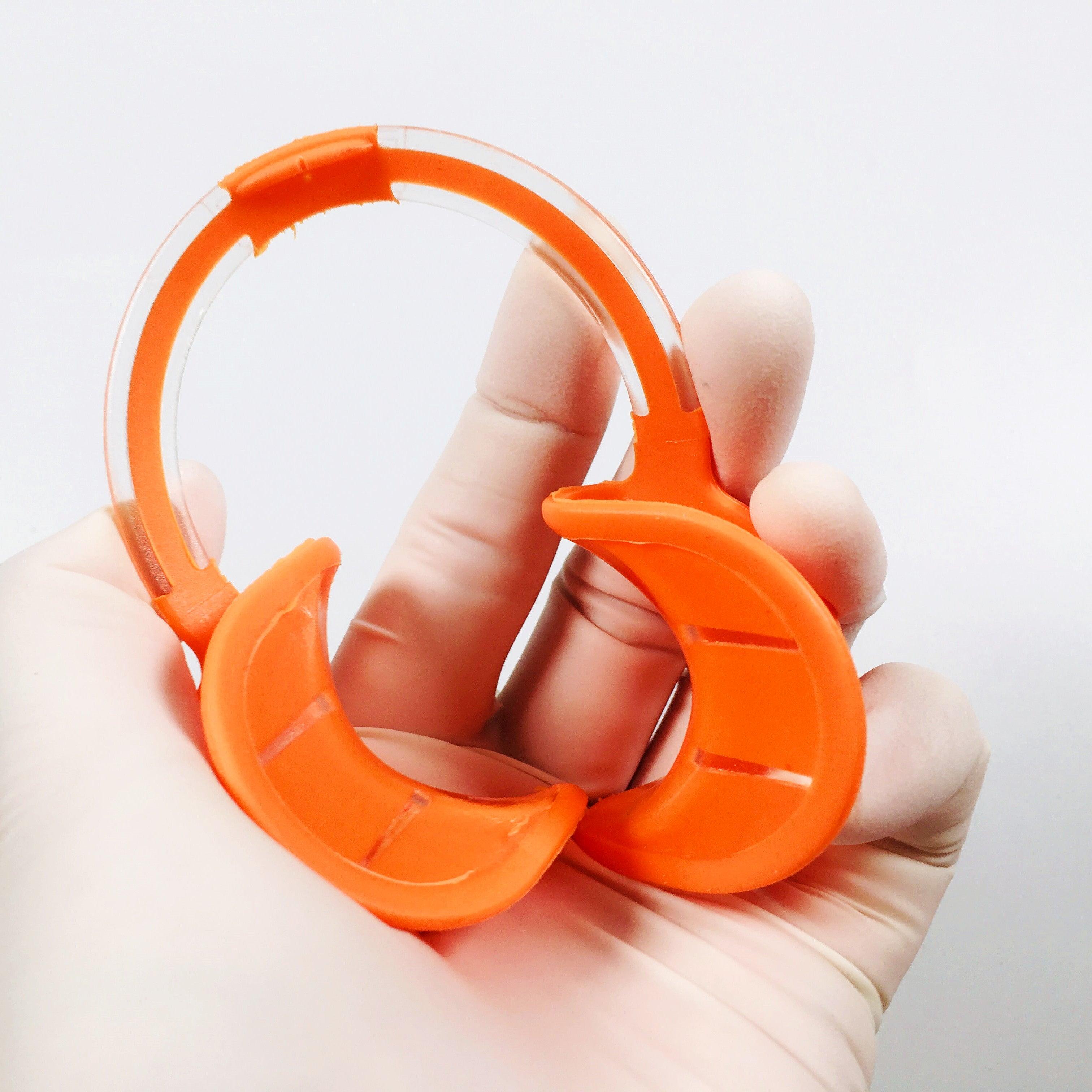In dental photography, soft tissue retractors play a crucial role in ensuring clear, informative images. By effectively retracting the cheeks and lips, retractors remove unnecessary distractions from the frame, providing full visualization of teeth and gums. This makes them indispensable for achieving high-quality photo protocols, a key element of modern dental practice.
Why Retractors Are Essential for Dental Photography
Retractors help dentists capture sharp, focused images by ensuring that soft tissues are out of the way, creating a clear field of view. This clarity is vital for:
- Accurate documentation of teeth and gum conditions.
- Effective communication with patients and lab technicians.
- Creating high-quality content for patient education and marketing.
How to Choose the Best Retractors for Your Needs
When selecting retractors for dental photography, ensure they meet these key criteria:
- Effective Retraction: They should hold soft tissues securely without causing discomfort.
- Aesthetic Appearance: Retractors should look professional and unobtrusive in photos.
- Minimized Glare: Opt for materials that reduce or eliminate reflections.
- Ease of Use: Simple, ergonomic designs make them practical for both dentists and patients.
Types of Retractors and Their Features
1. Transparent Double-Sided Plastic Retractors
- Benefits: These retractors are transparent, blending naturally into photos without drawing attention. They allow patients to control the retraction force, freeing up the dentist’s hands for photography.
- Ideal For: General dental photography and clinical documentation.
2. Transparent Half-Sided Plastic Retractors
- Benefits: Designed for mirror photography, these retractors allow retraction in multiple directions (up, down, or to the side), making them versatile for capturing hard-to-reach angles.
- Ideal For: Dentists frequently using mirrors in photos.
3. OptraGate Elastic Retractor
- Benefits: Popular for its comfort and flexibility, OptraGate is excellent for direct occlusal shots and mirror photography. However, it may not stay secure during strong lateral retractions.
- Ideal For: Patients with sensitivity or for short-term use during simple procedures.
4. Metal Retractors (e.g., Hu-Friedy)
- Benefits: Durable and easy to sterilize, metal retractors provide robust retraction, making them ideal for surgical settings.
- Ideal For: Long-term use and advanced surgical photography.
Proper Care and Cleaning of Retractors
To maintain hygiene and ensure patient safety, retractors must be thoroughly cleaned after every use. Follow these steps:
- Initial Disinfection: Wipe retractors with alcohol-based wipes or sprays.
- Rinse: Use clean water to remove residue from disinfectants.
- Drying: Air-dry or use towels to ensure no moisture remains.
- Sterilization: Autoclave retractors at recommended settings (121°C for 20-30 minutes or 135°C for 15 minutes).
- Storage: Keep sterilized retractors in a clean, dry container, away from sunlight or bright light to prevent material degradation.
Enhancing Patient Comfort During Use
To ensure patients remain comfortable during photography:
- Apply a lubricant, such as petroleum jelly, to the lips before inserting the retractor to prevent discomfort or irritation.
- Use retractors suited to the patient’s mouth size for a better fit and smoother experience.
Conclusion
Soft tissue retractors are essential tools for achieving professional-grade dental photography. Transparent plastic and high-quality retractors like OptraGate or Hu-Friedy are ideal solutions for dental practices. By selecting the right retractors and maintaining proper care and sterilization, you can improve photo quality, ensure patient safety, and create visually appealing and effective photo protocols. Start exploring professional-grade retractors to enhance your dental photography today!

